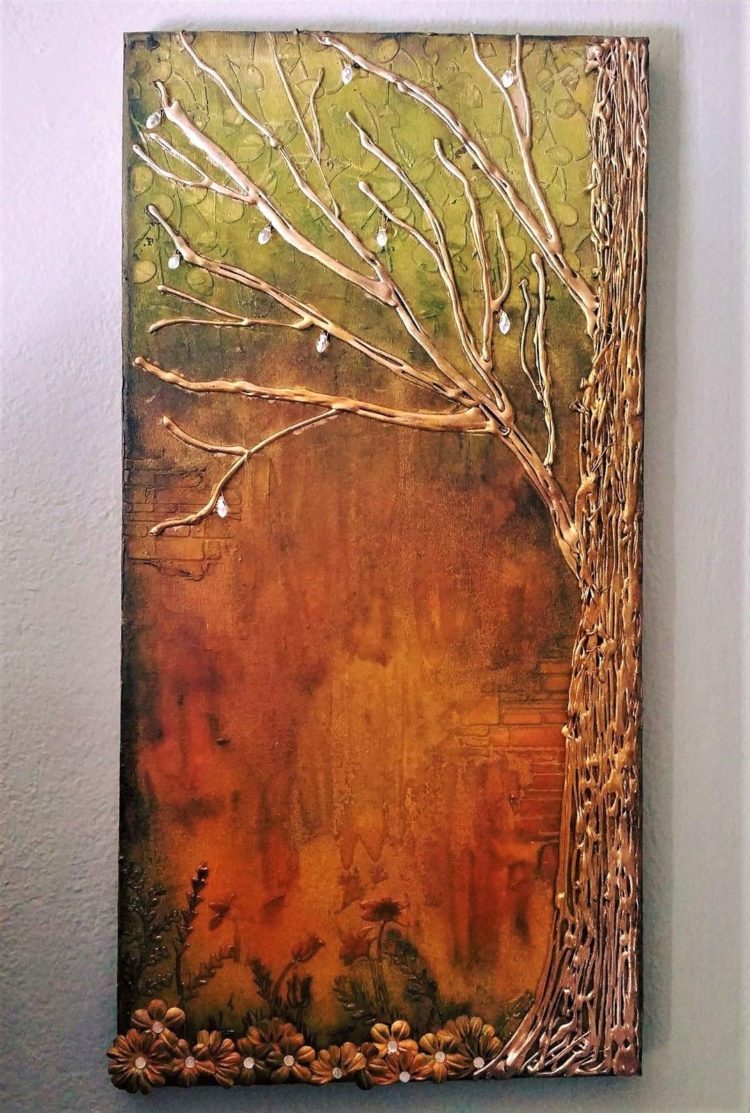Canvas Texture Ideas:
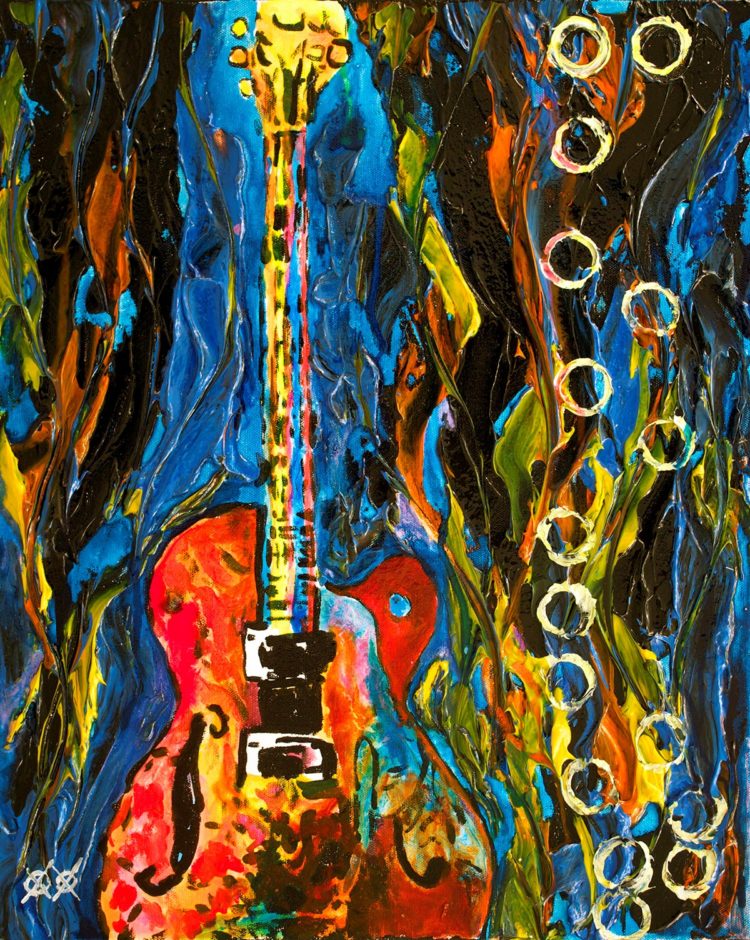
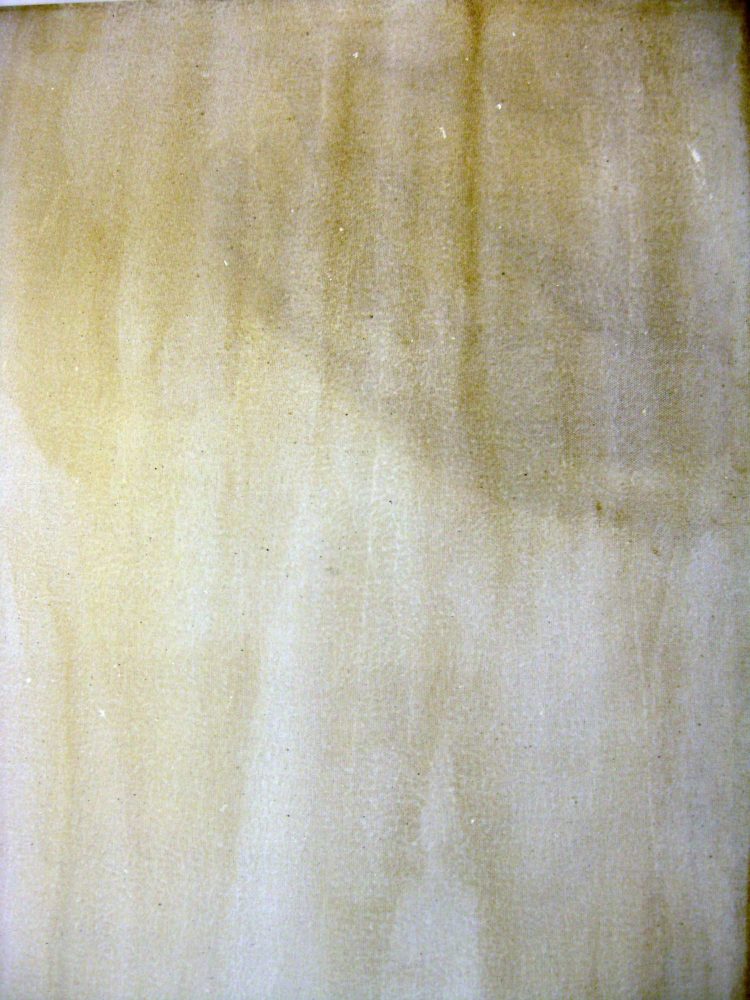
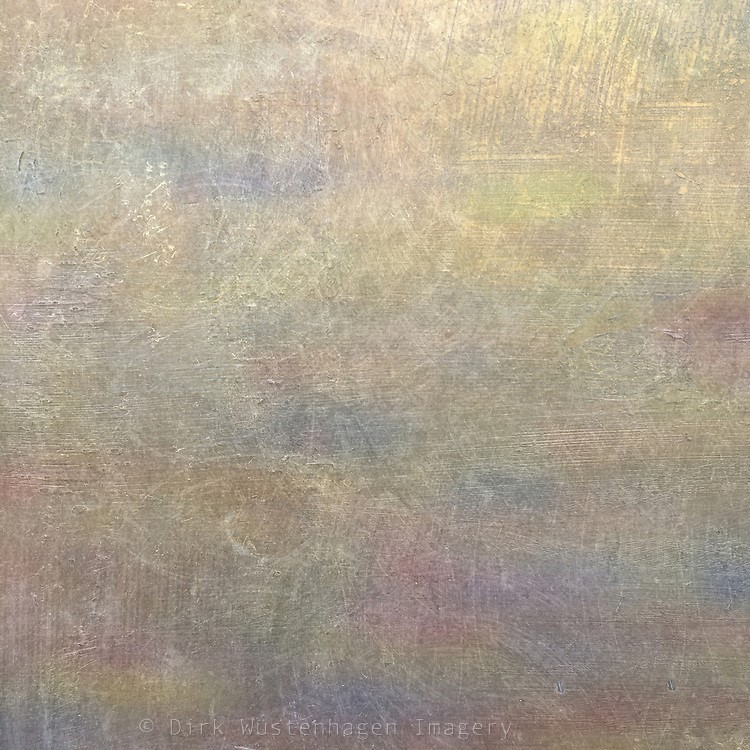
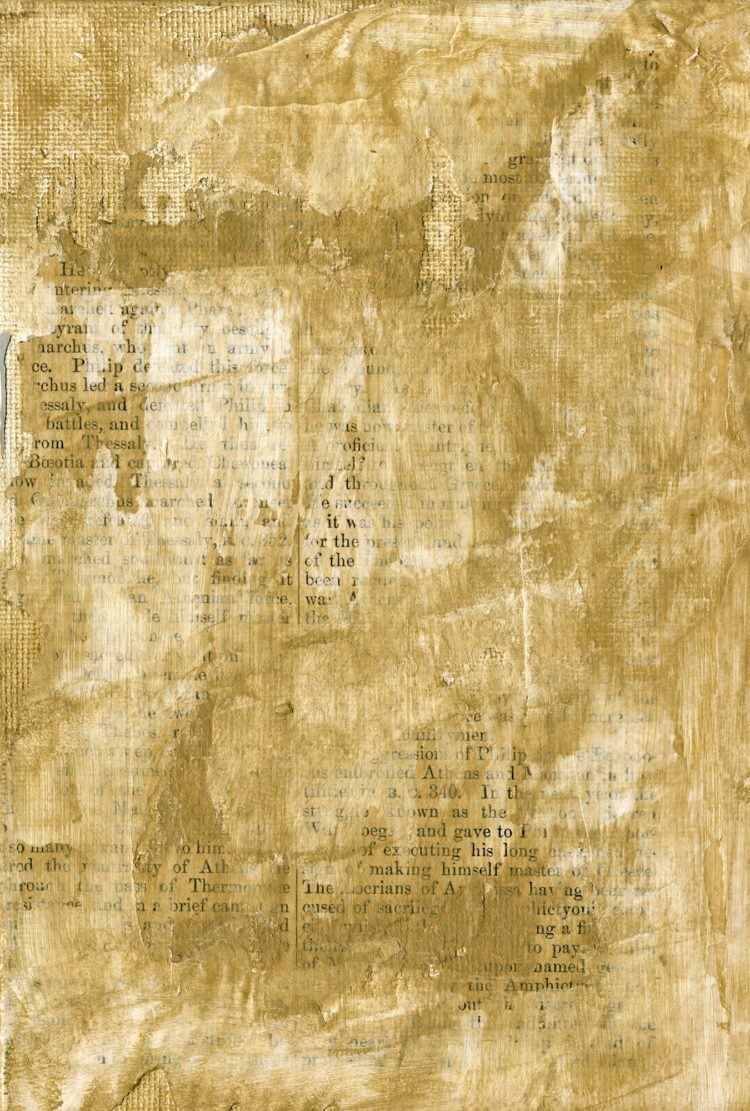
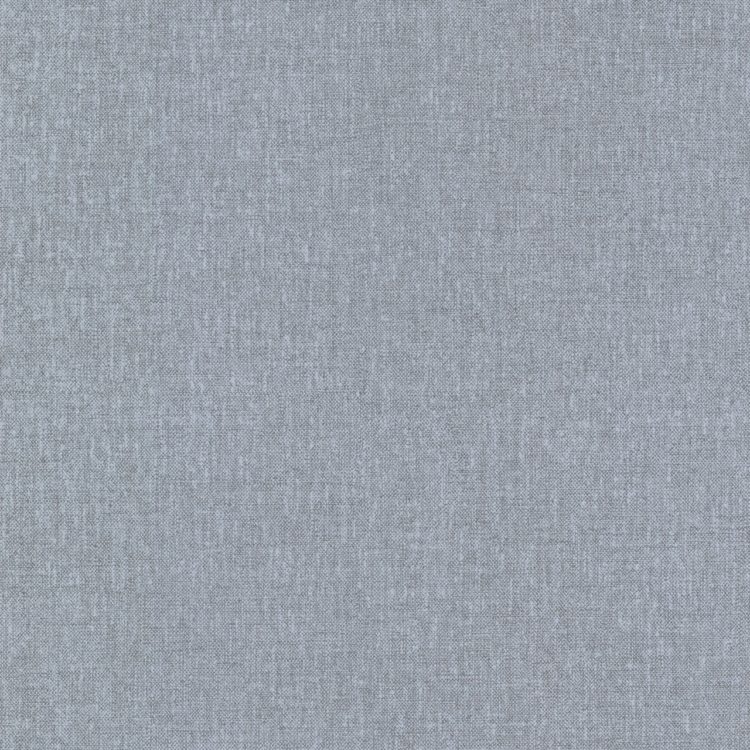
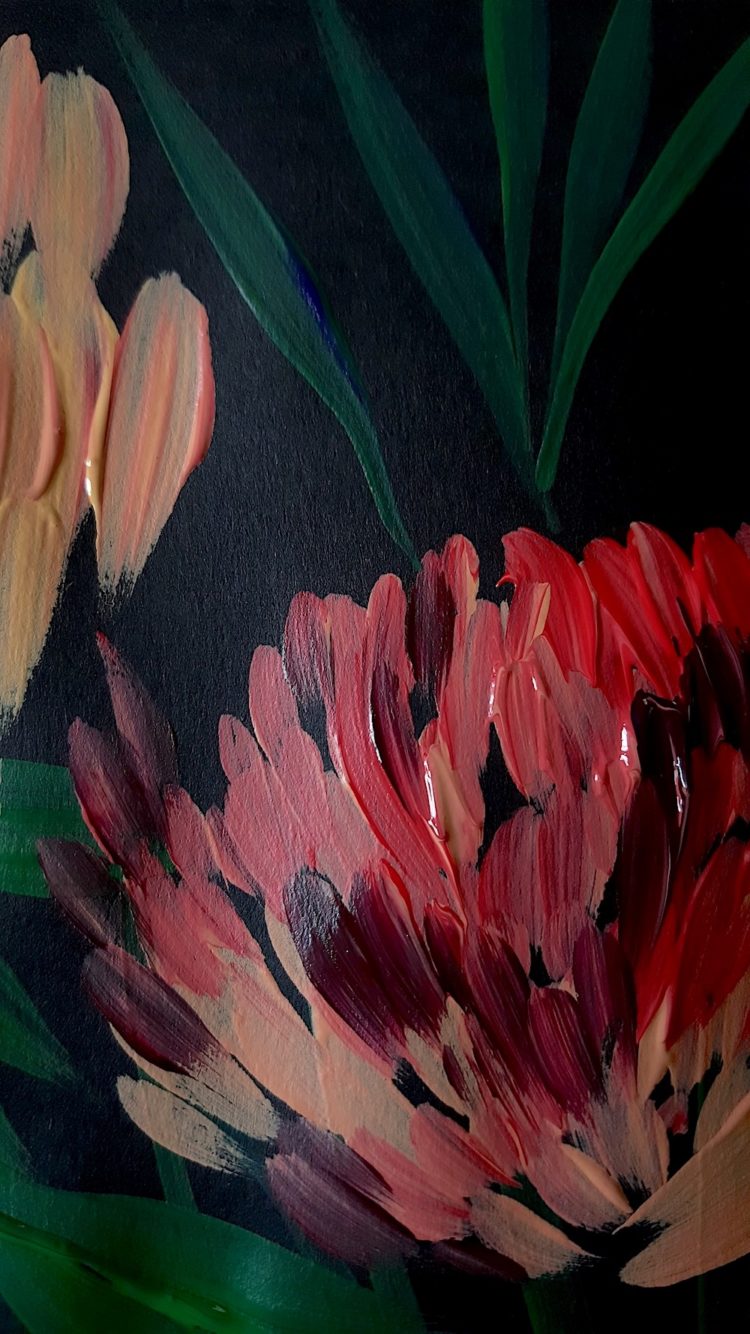
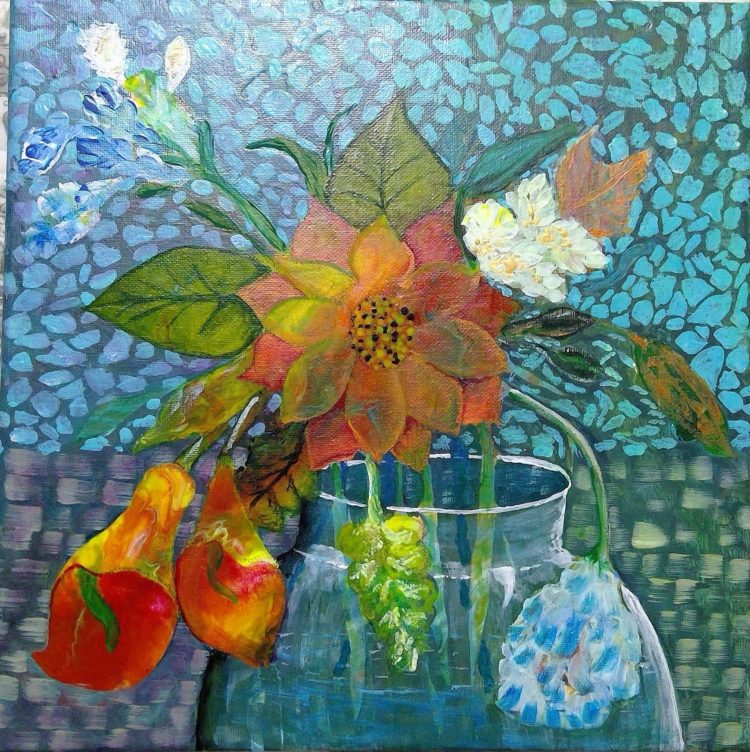
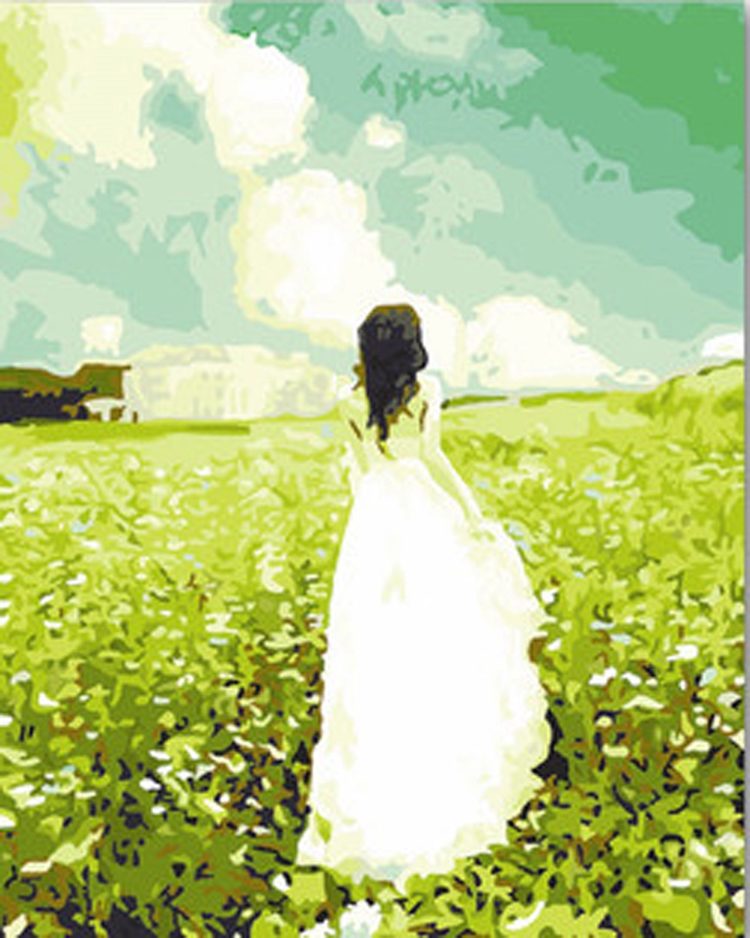
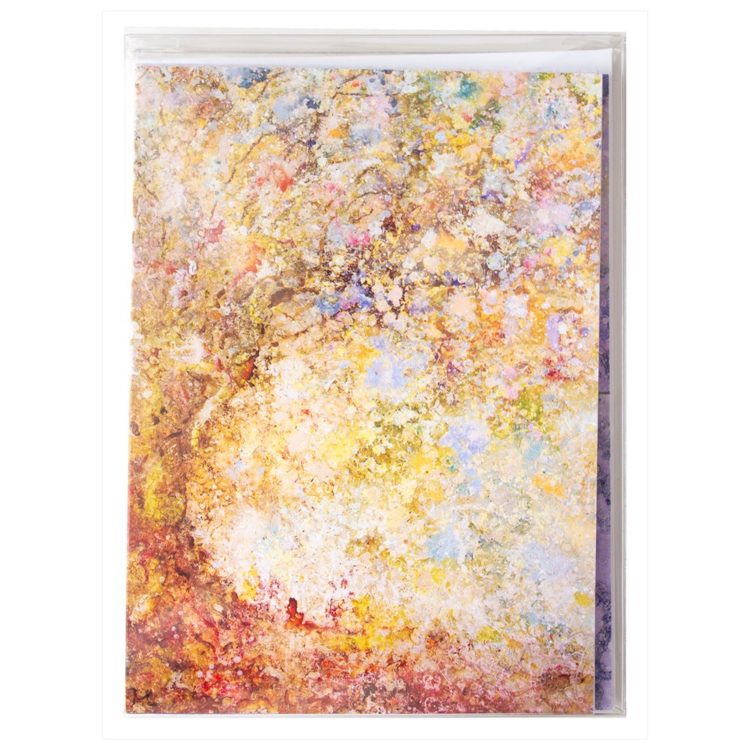
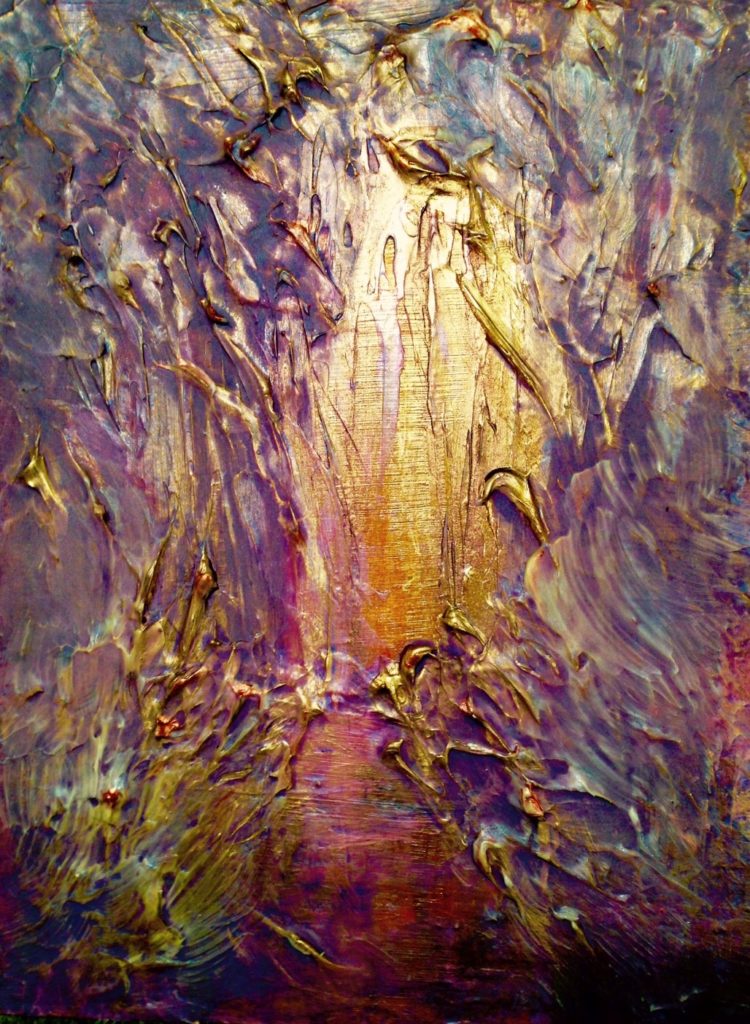
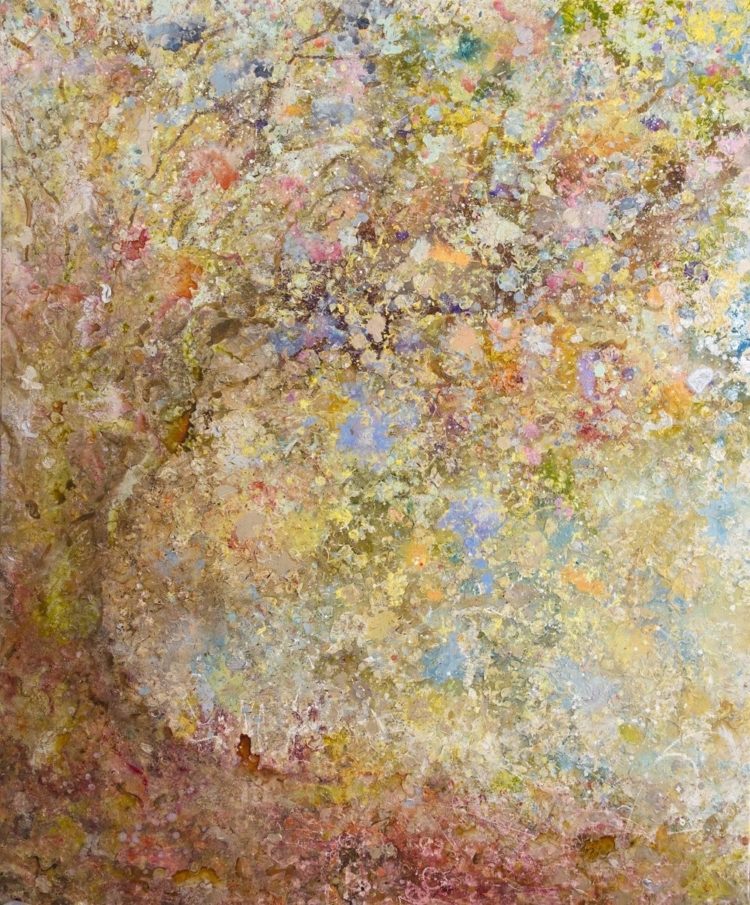
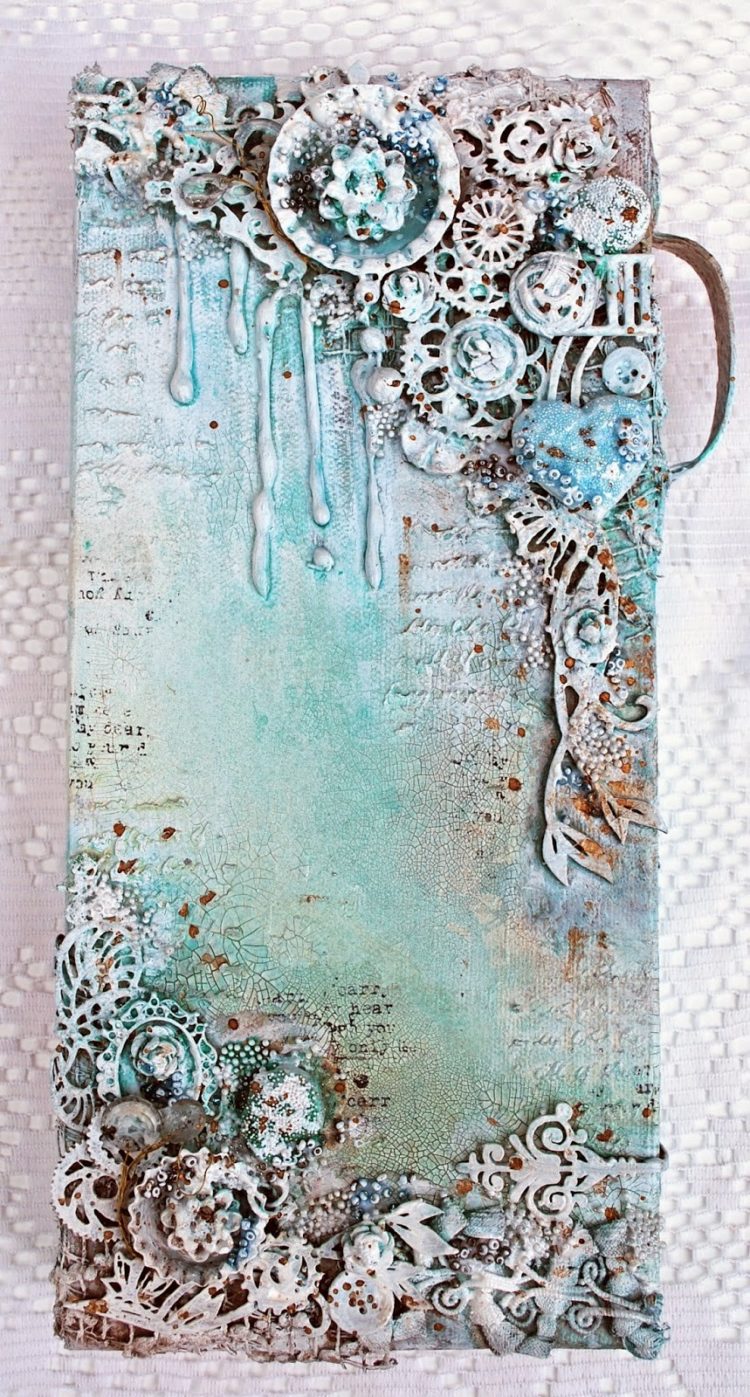
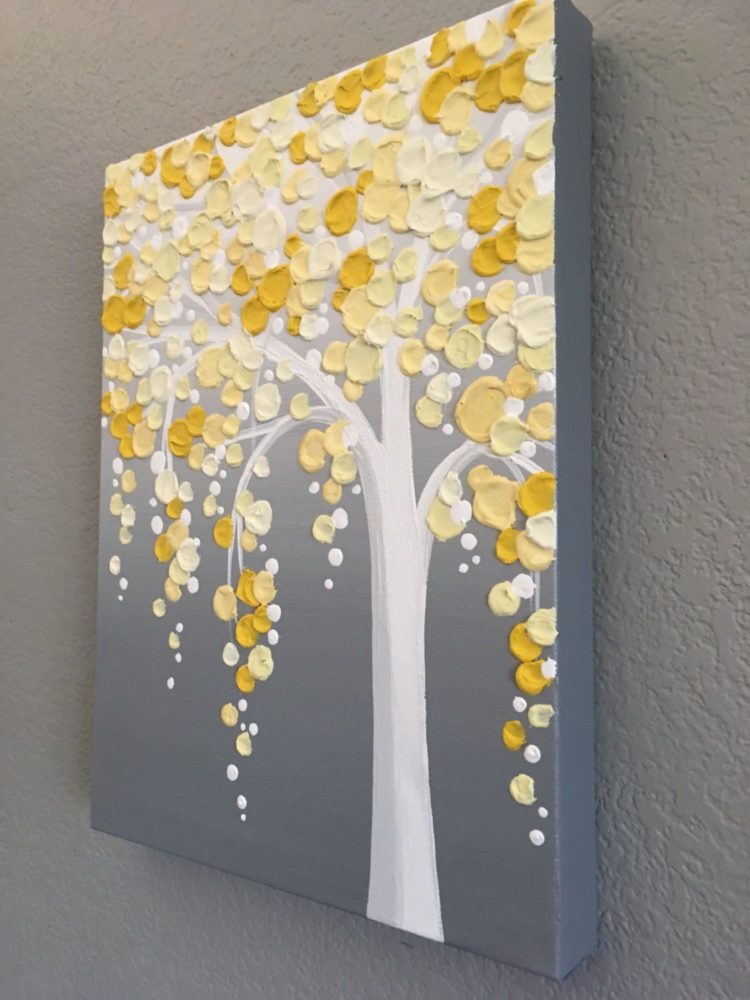
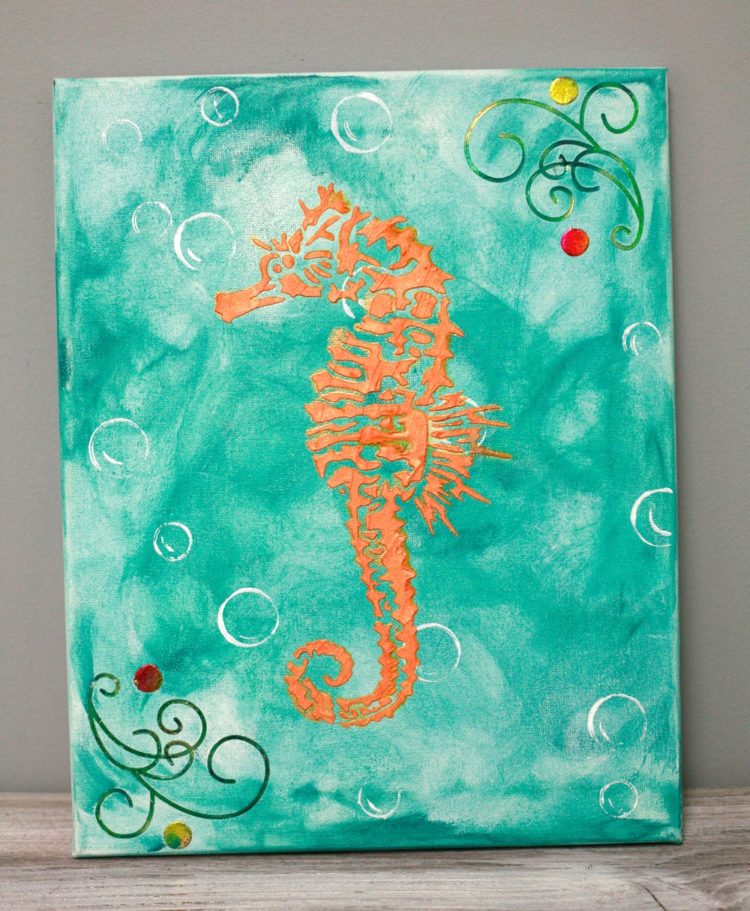
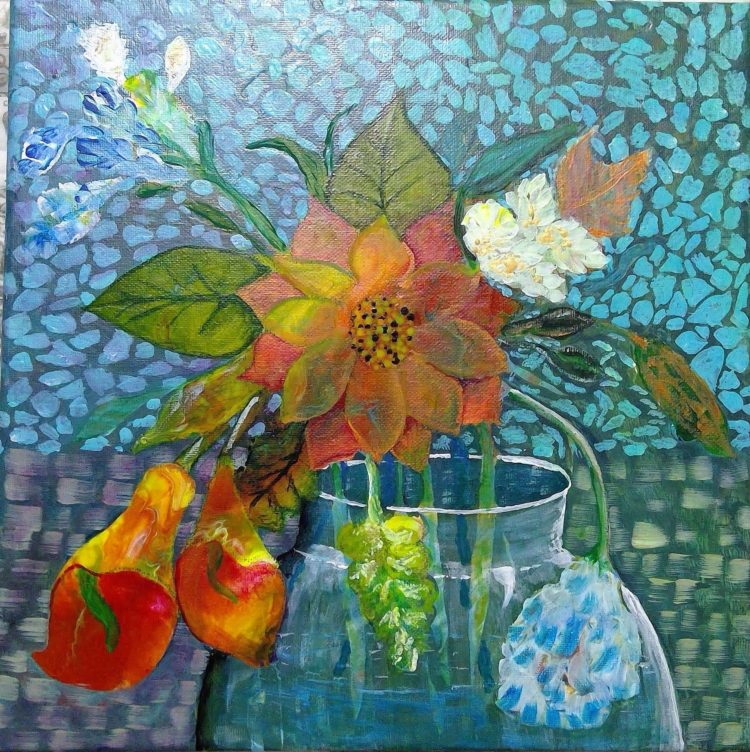
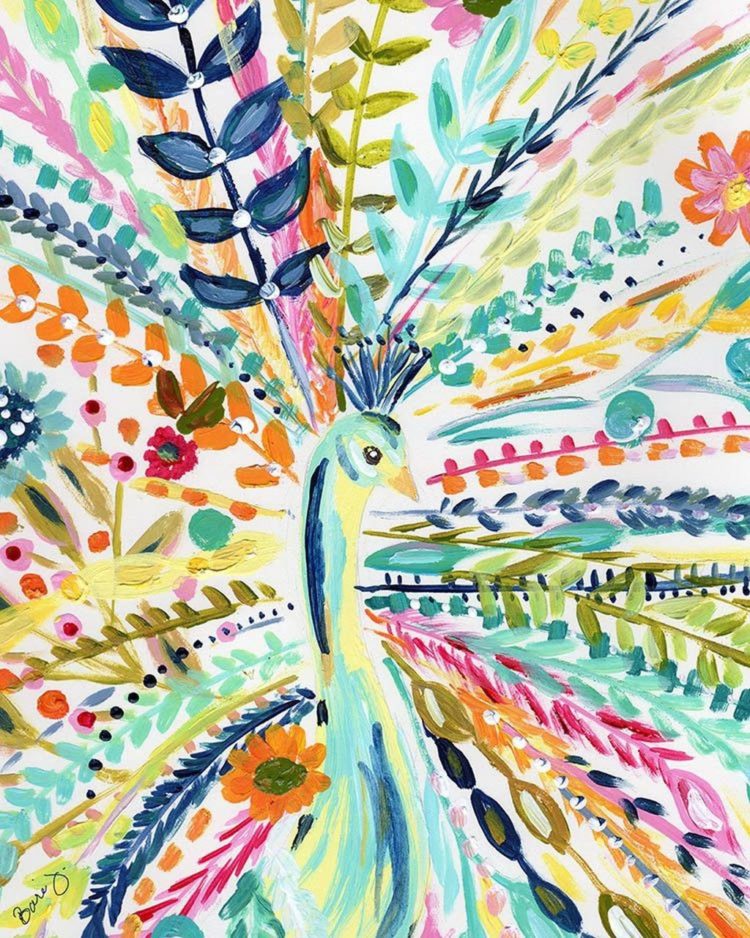
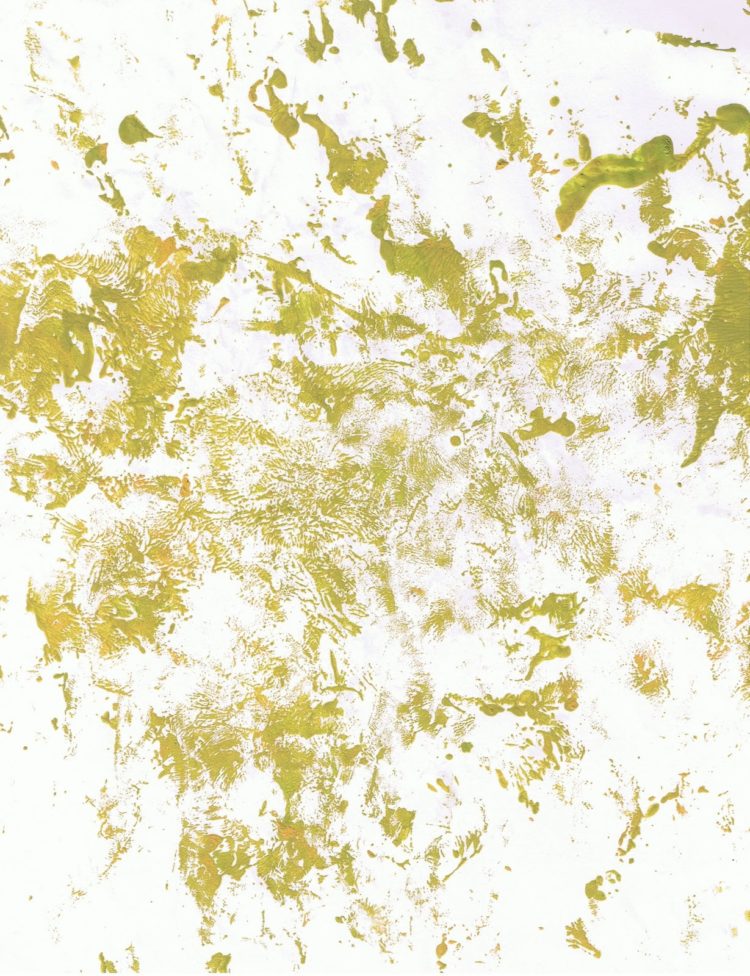
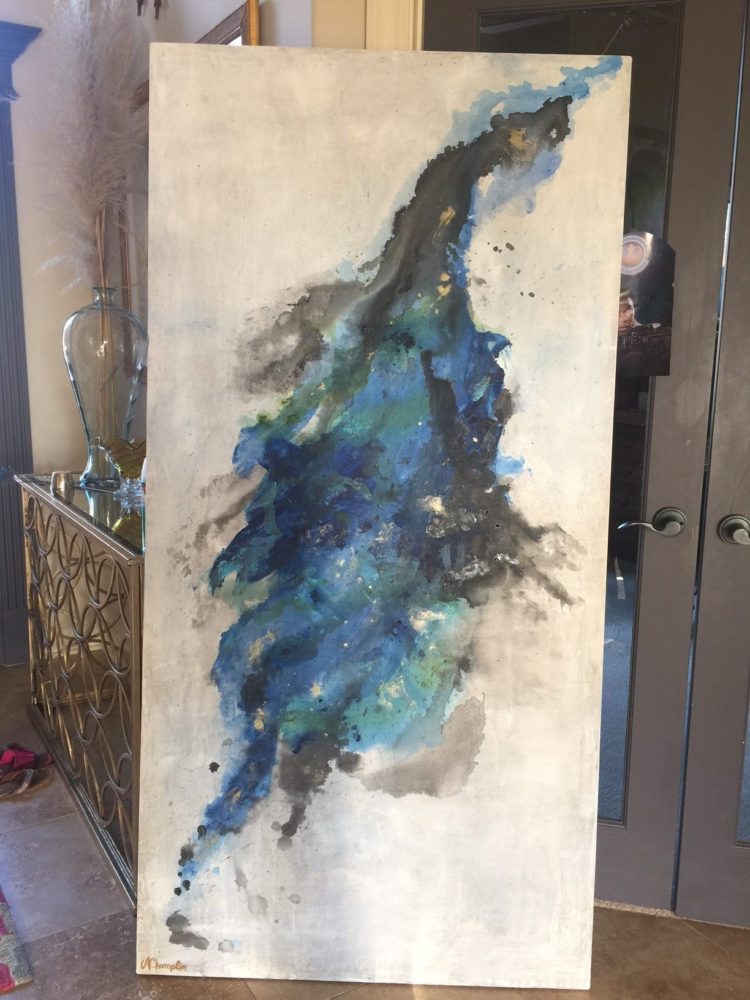
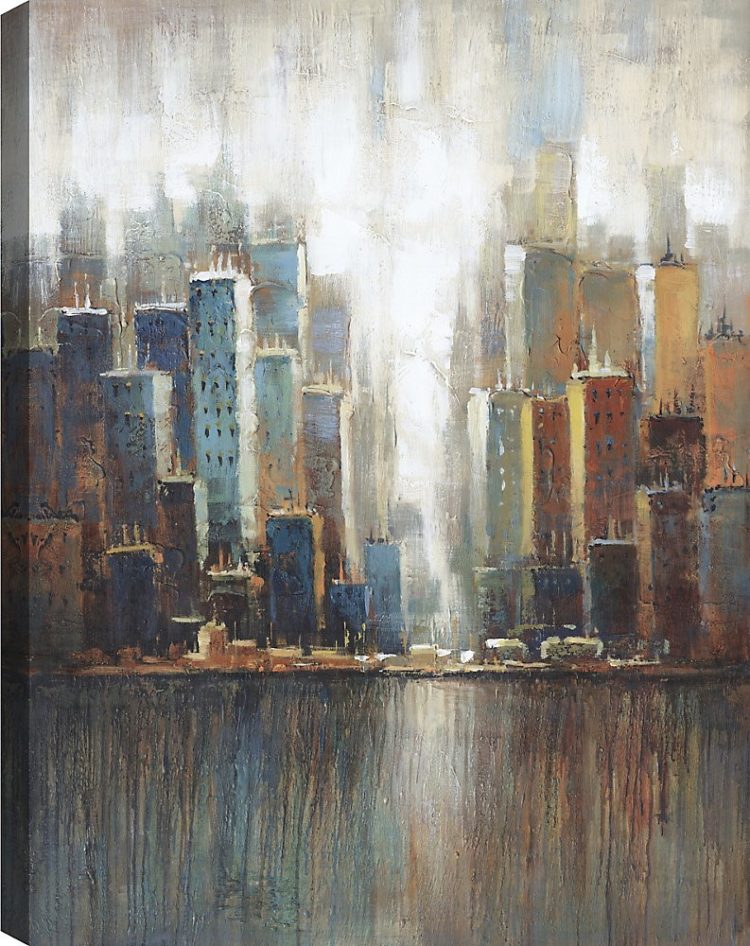
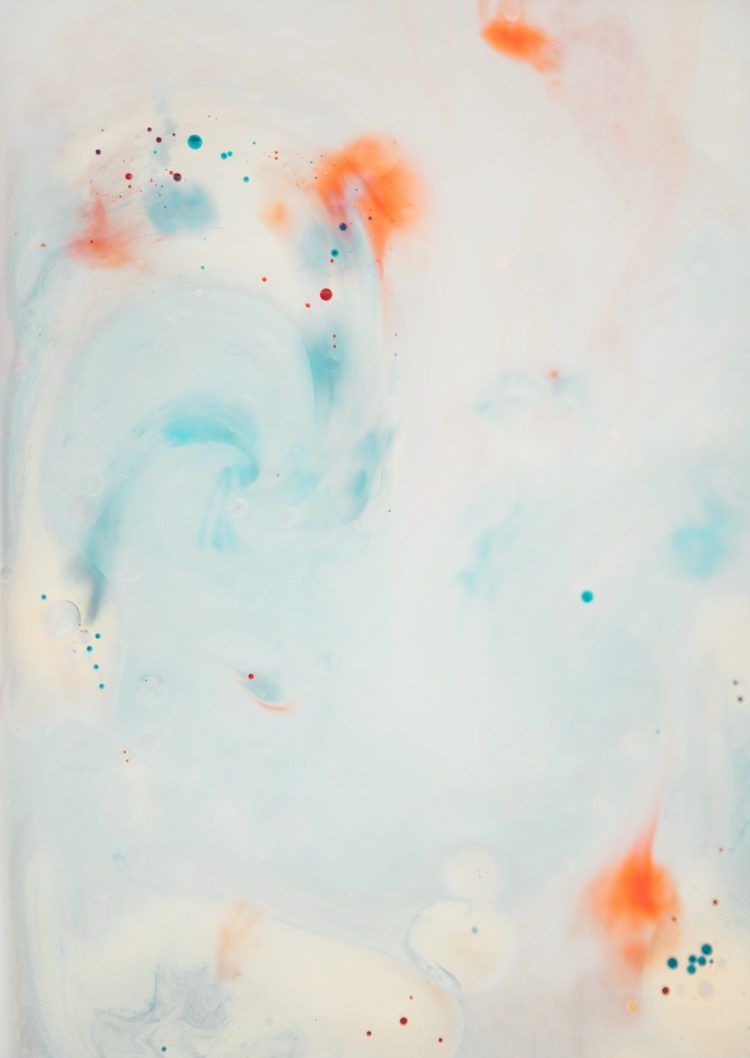
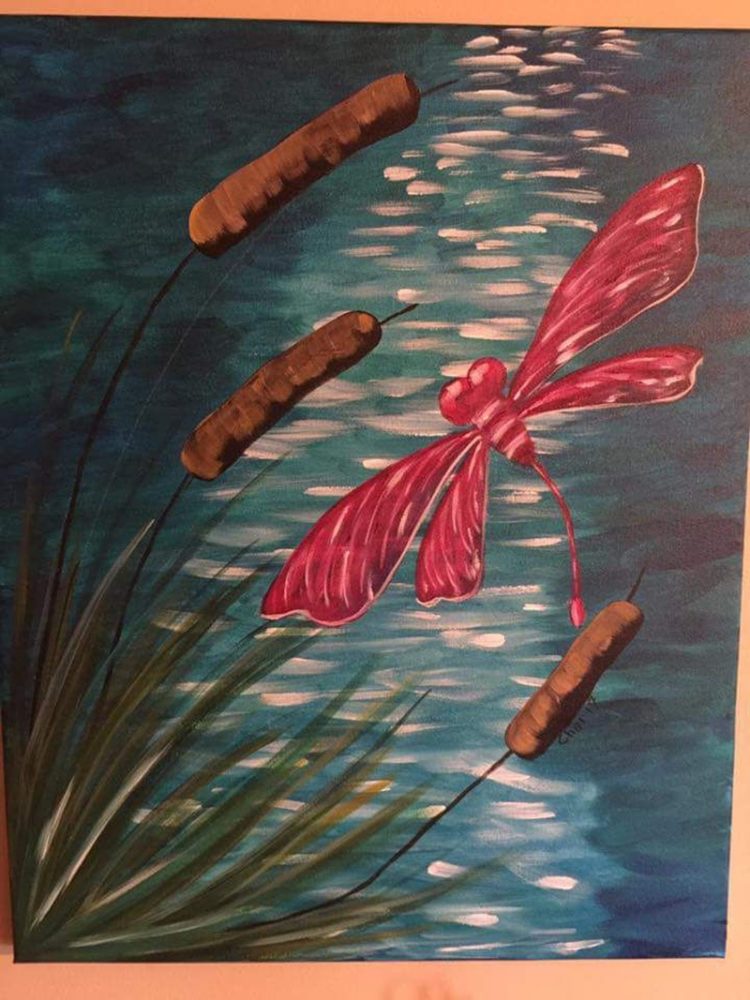

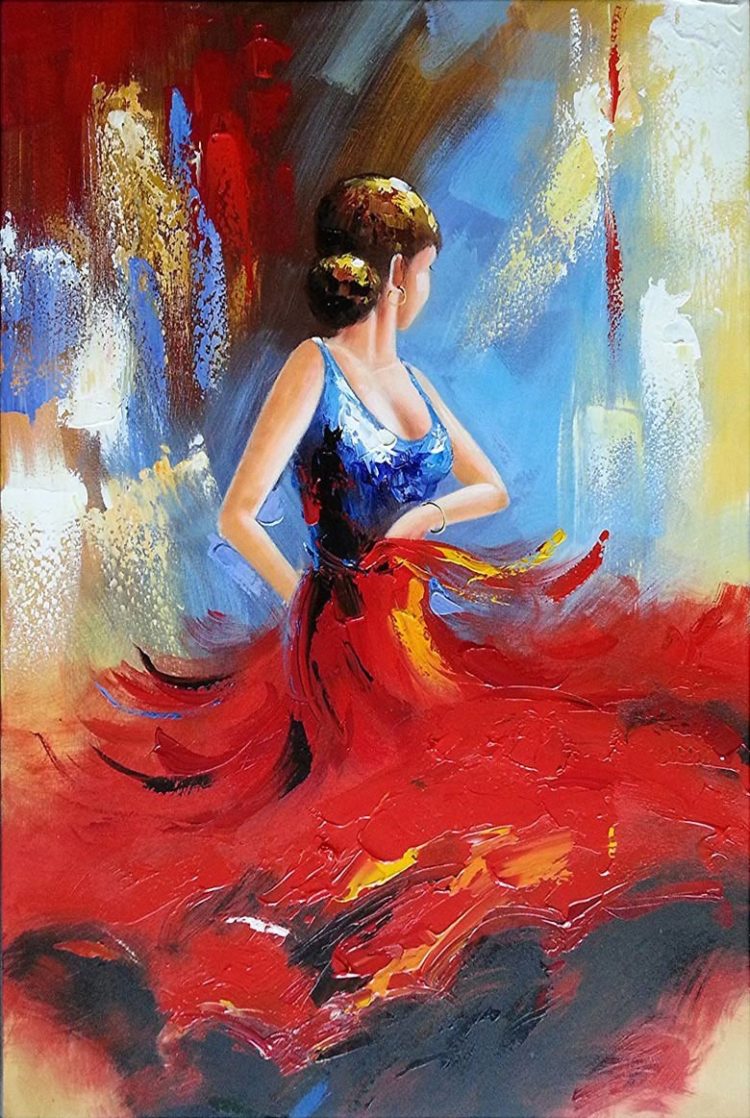
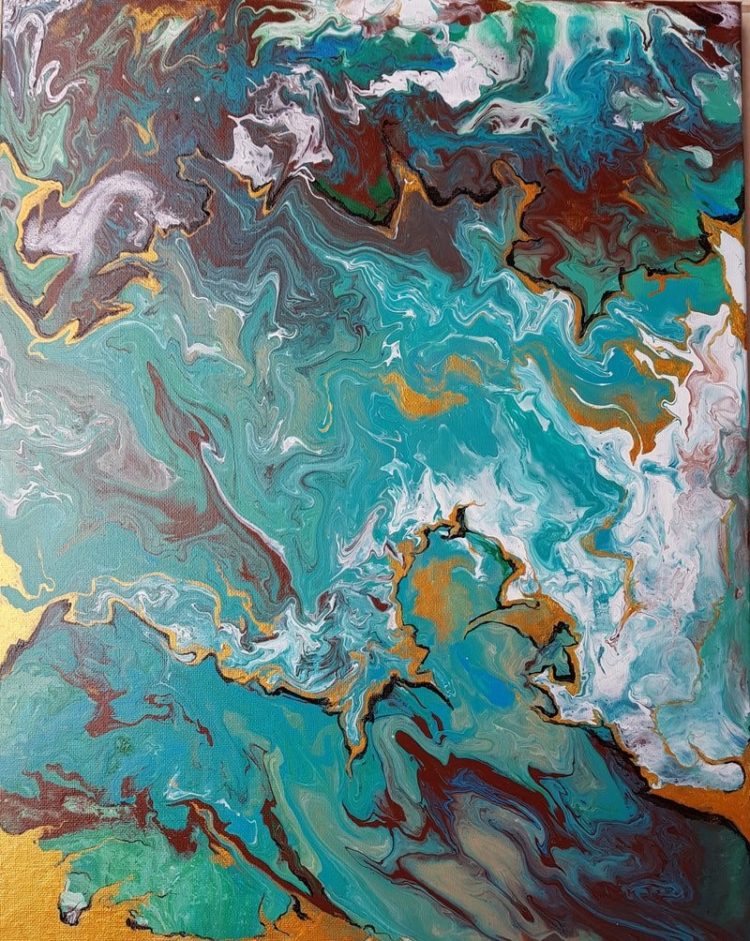
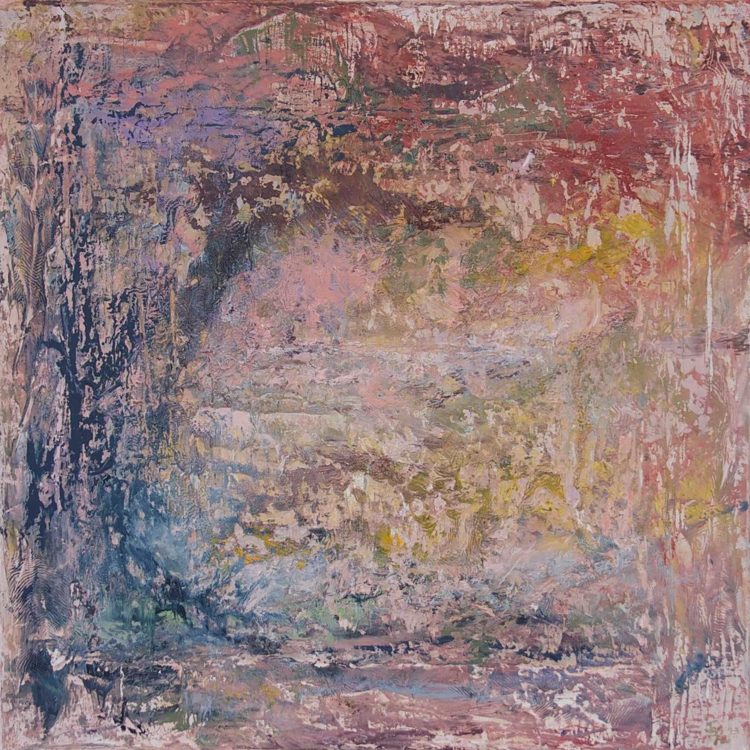
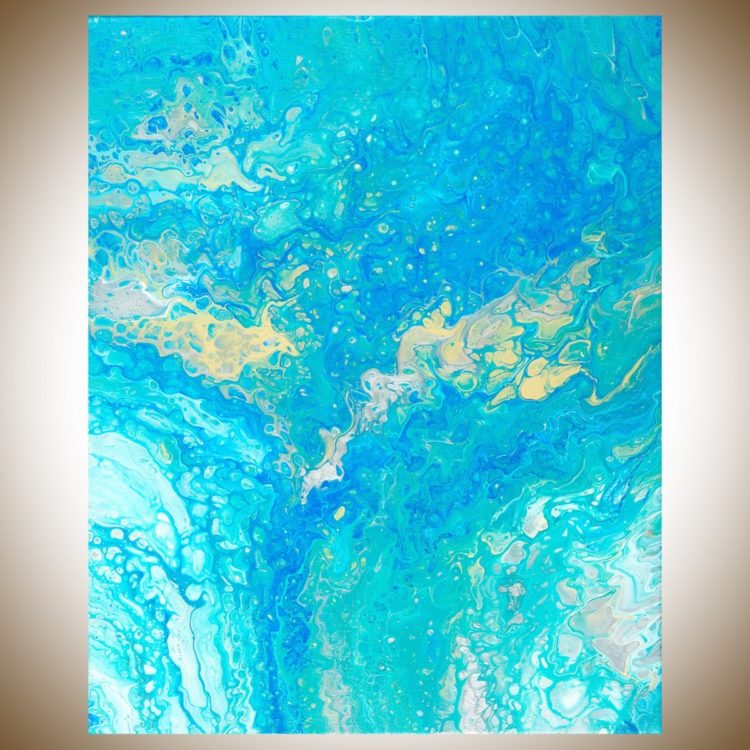
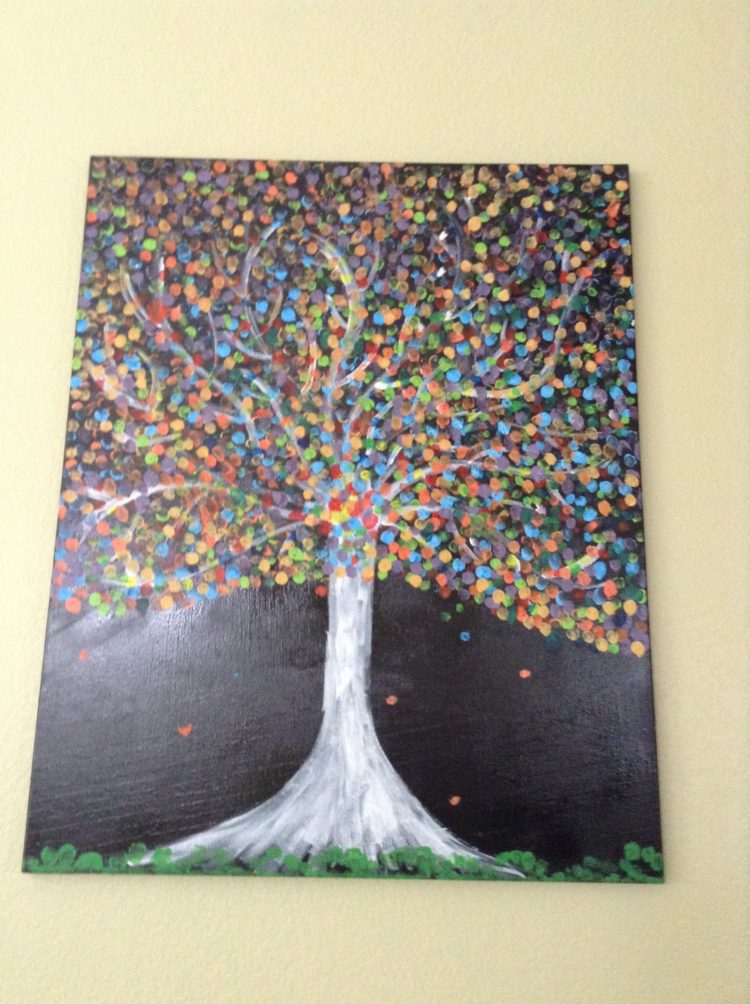

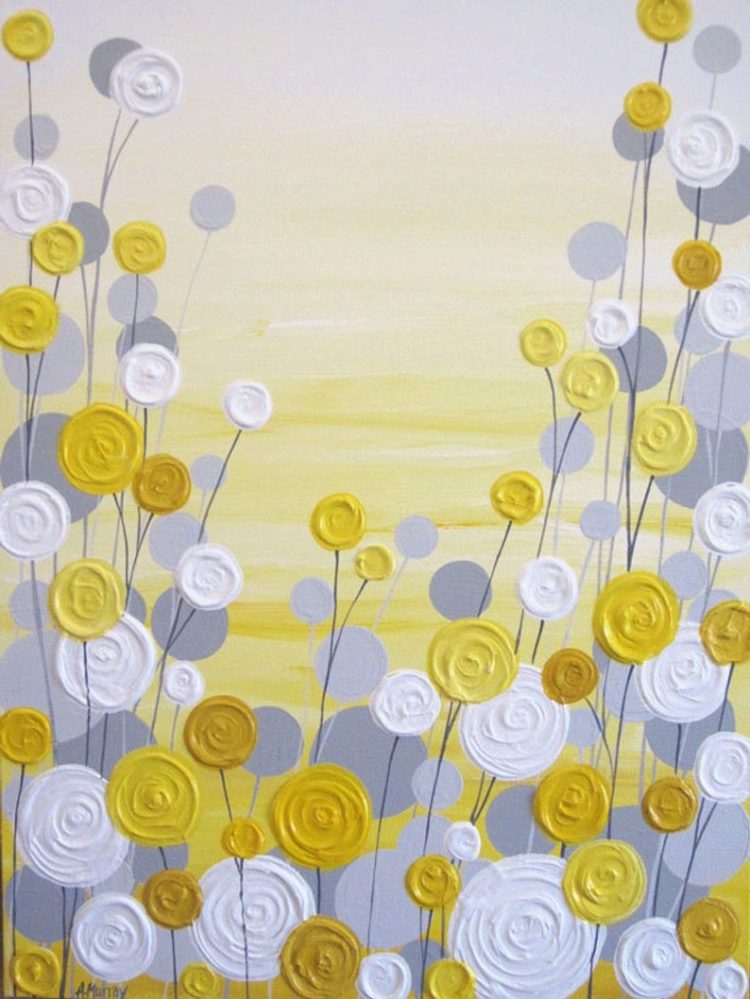
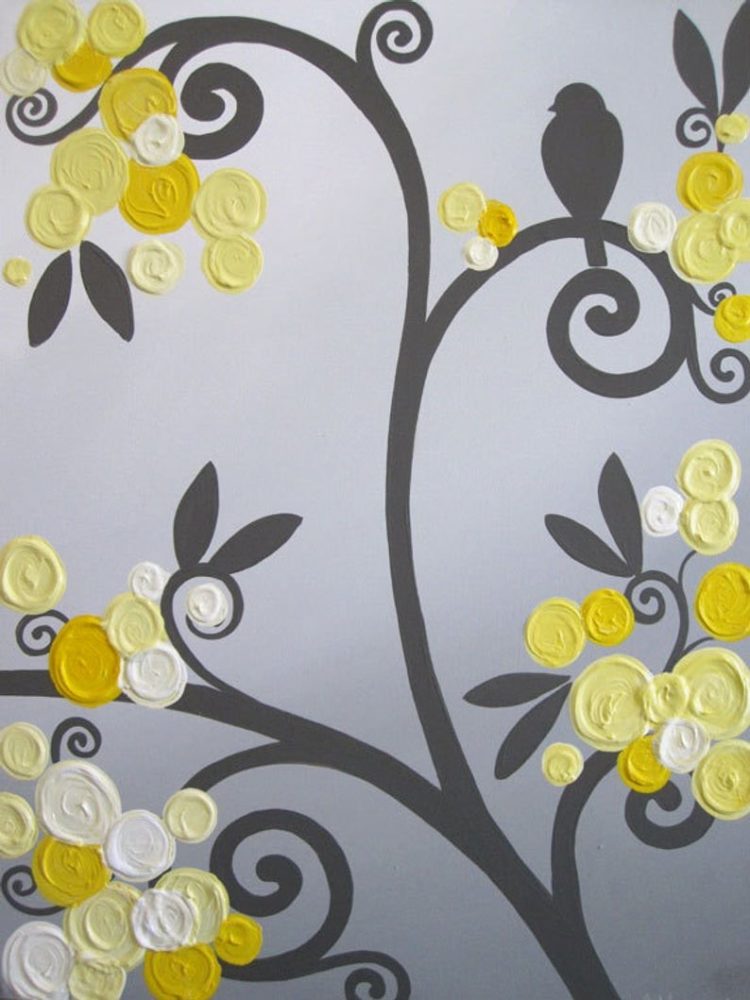
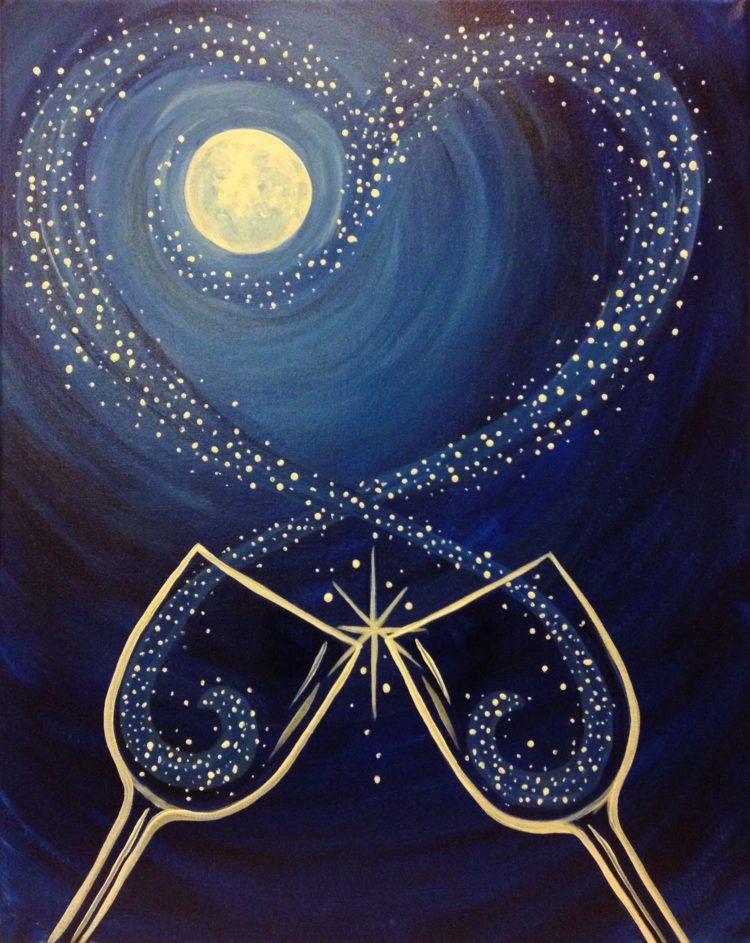
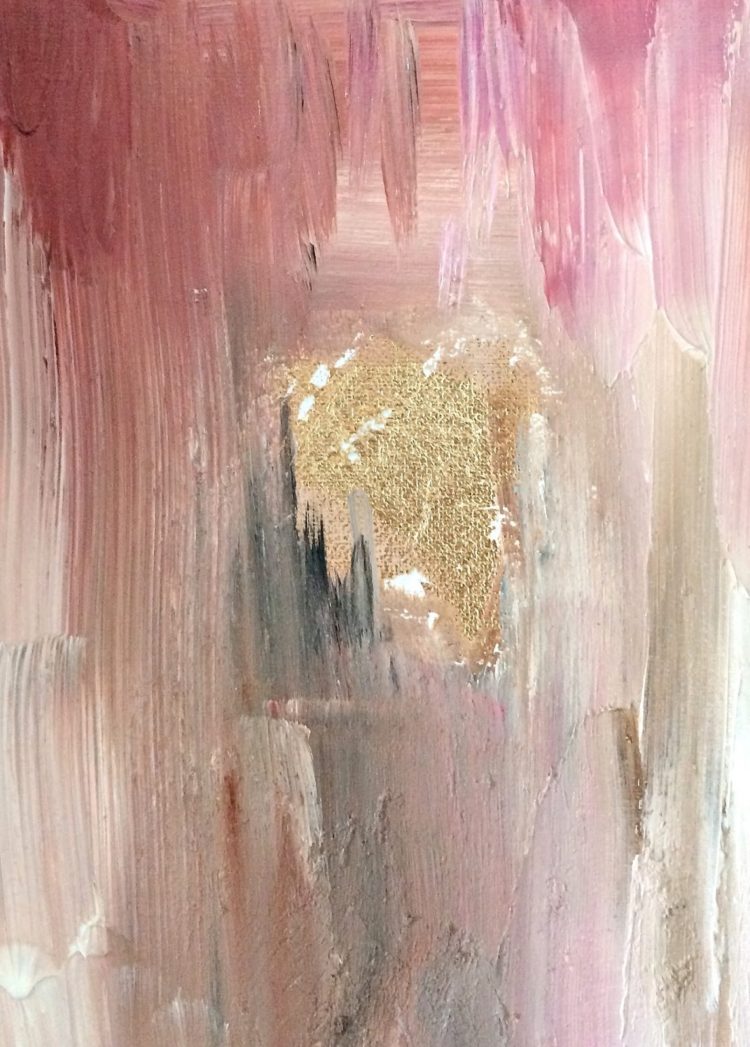
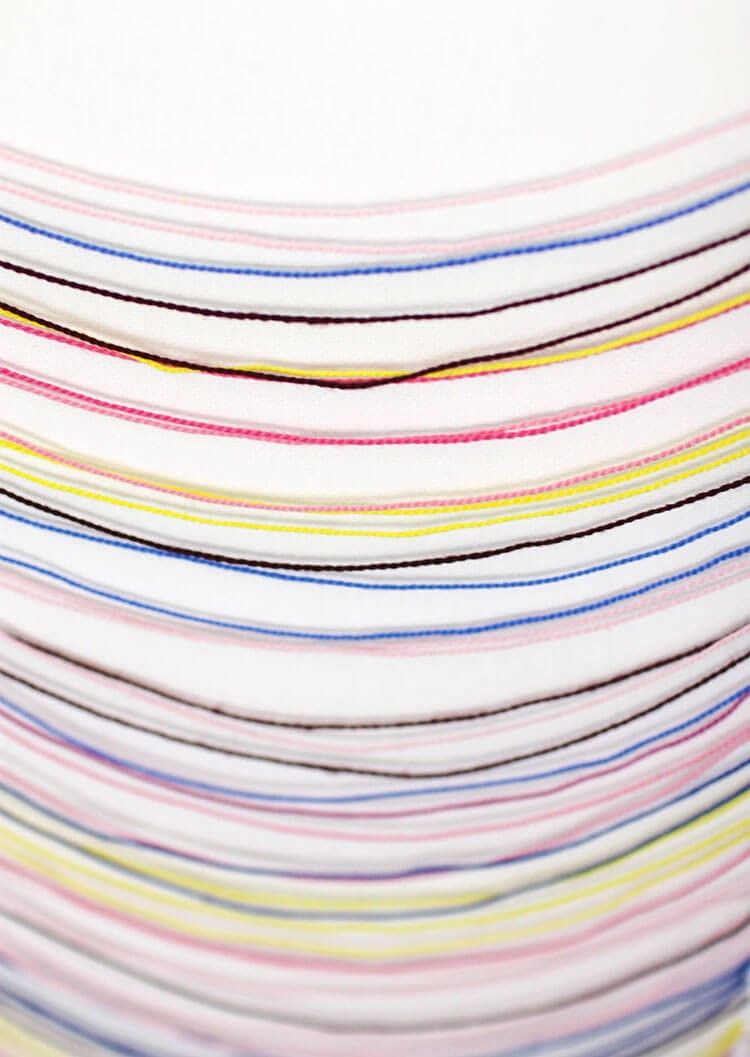
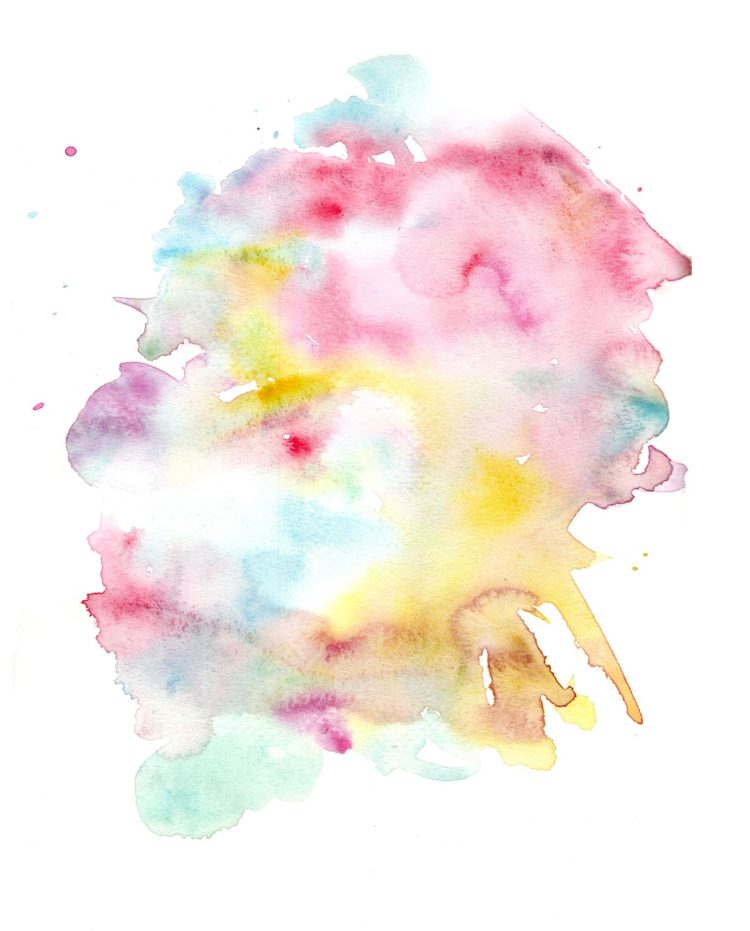
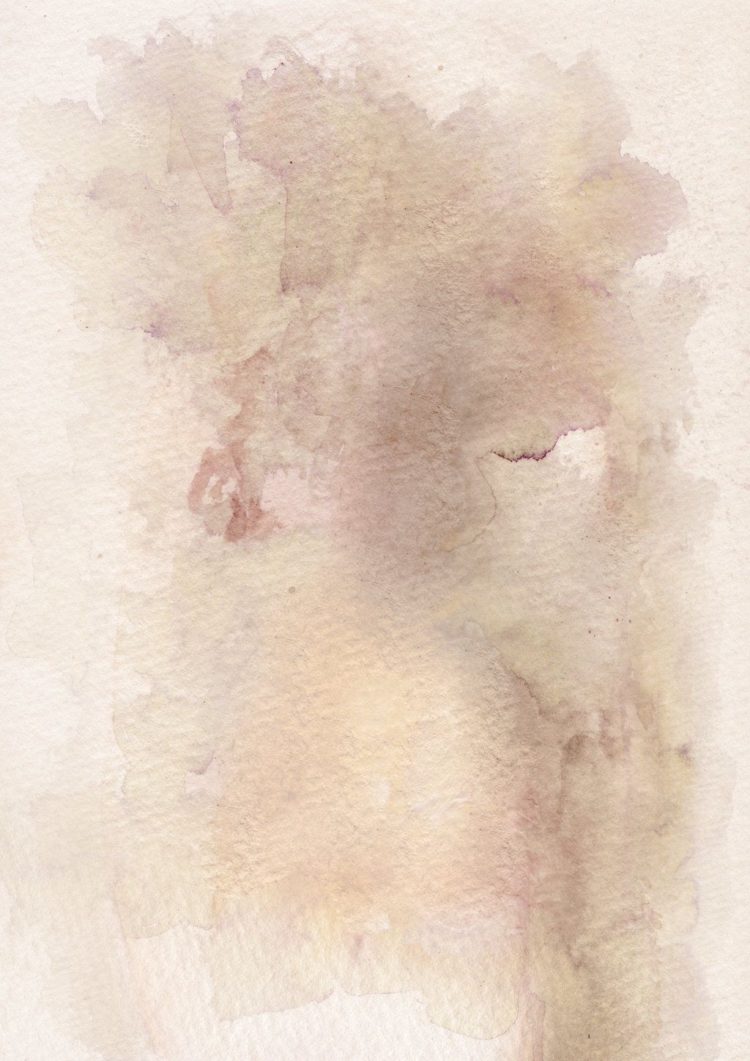
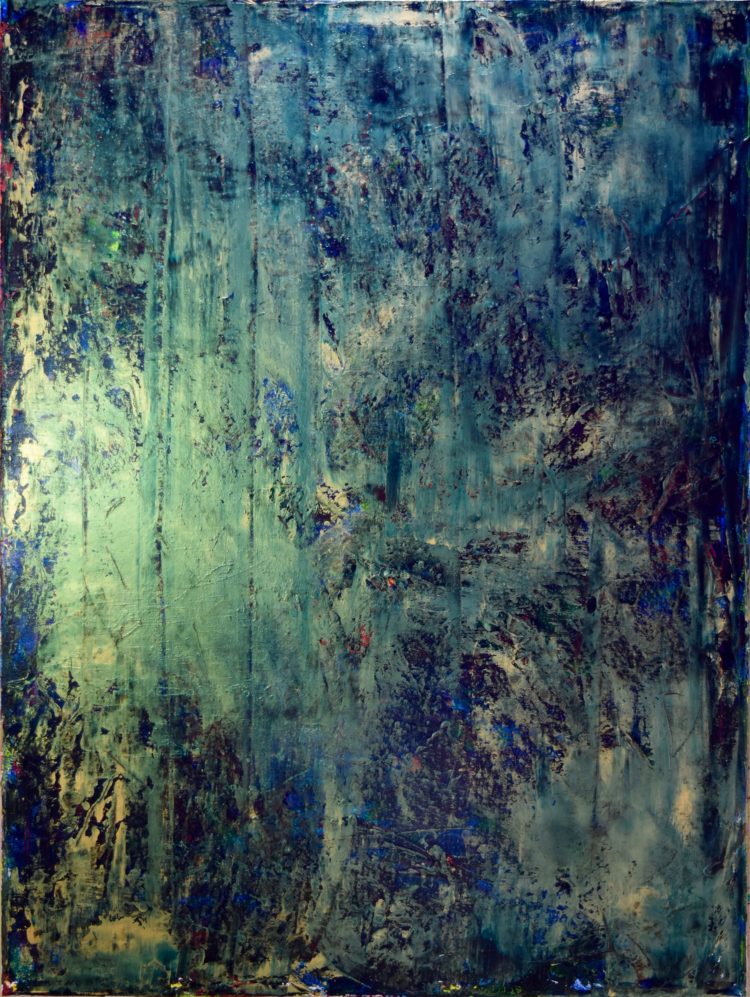
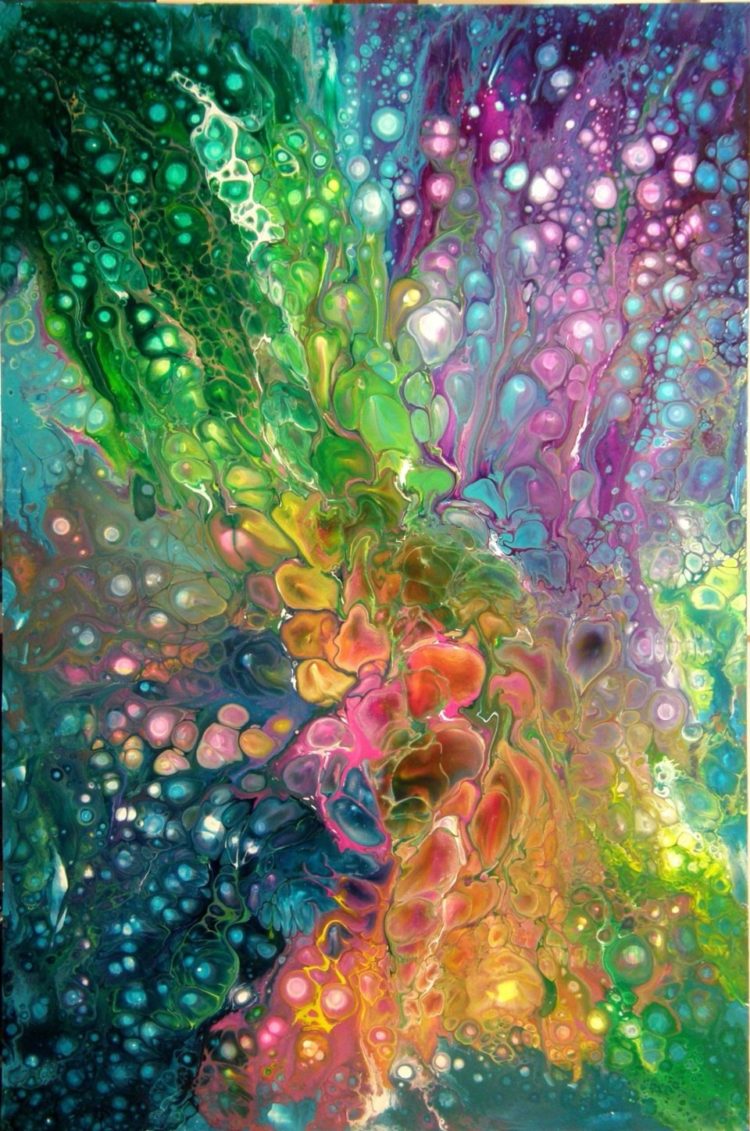
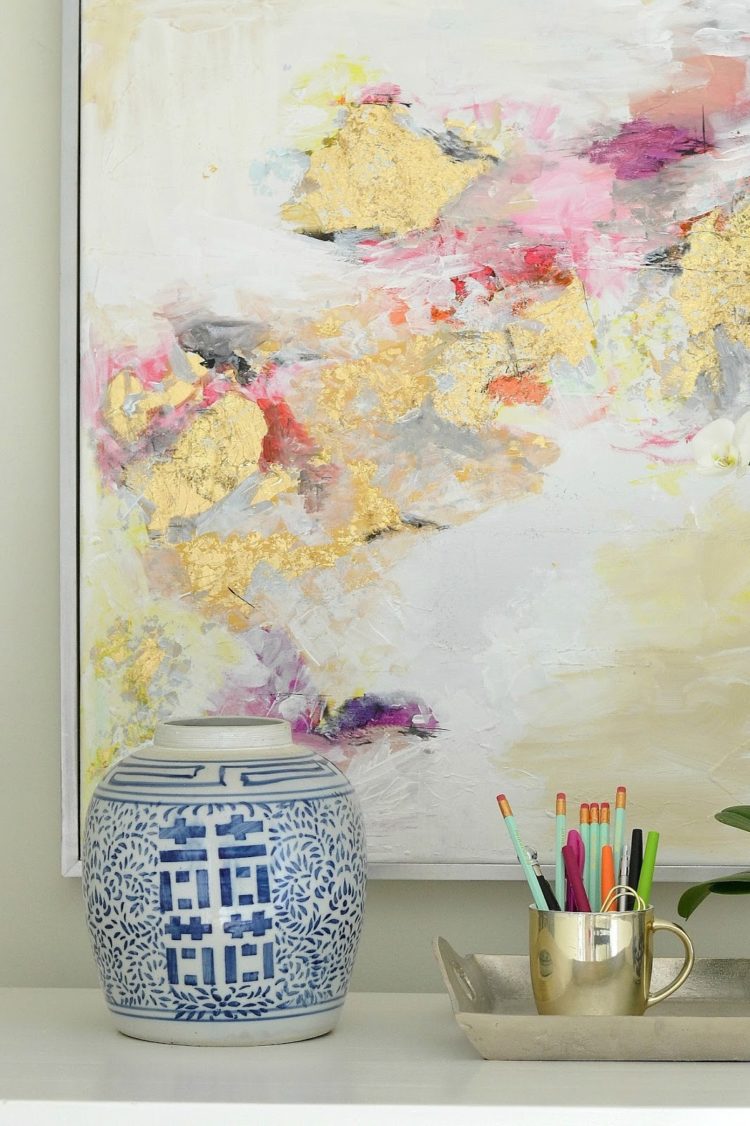

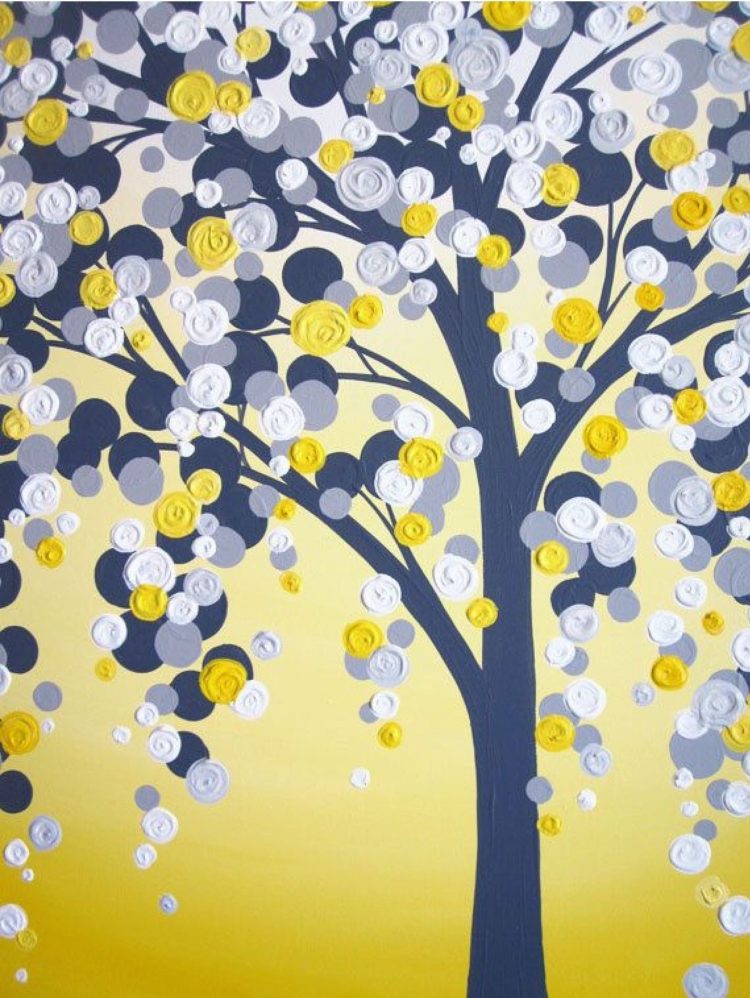
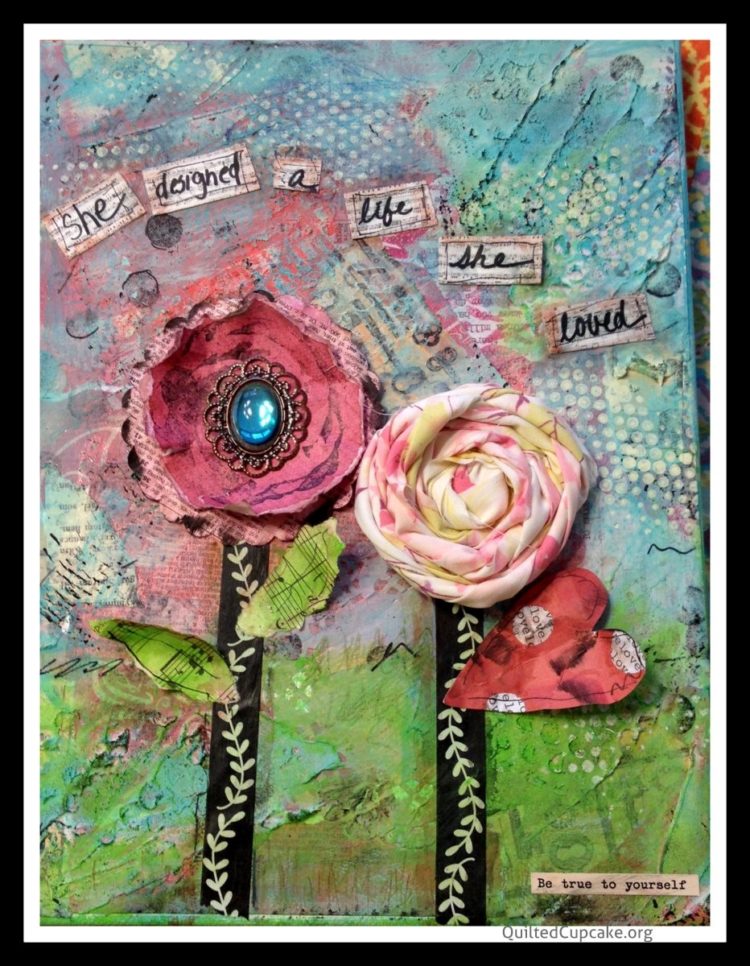
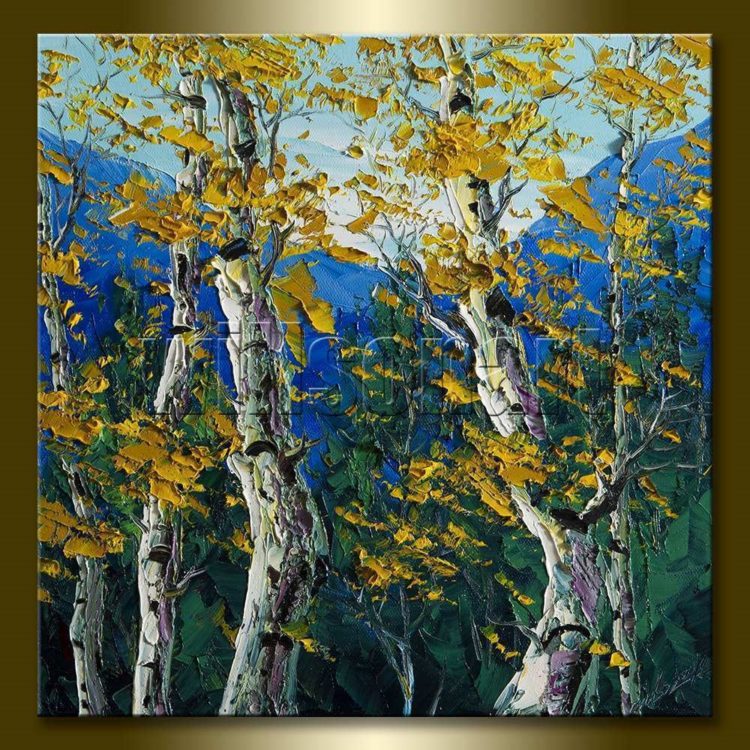
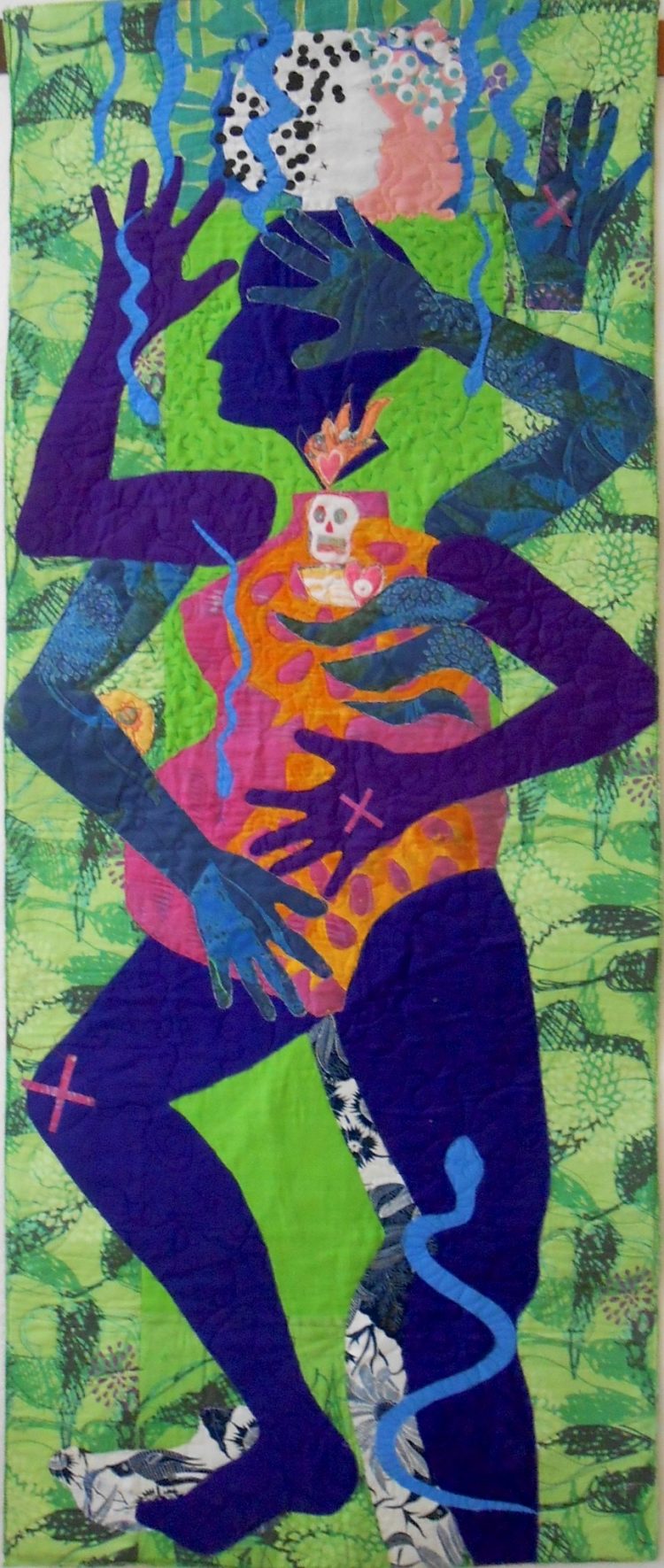
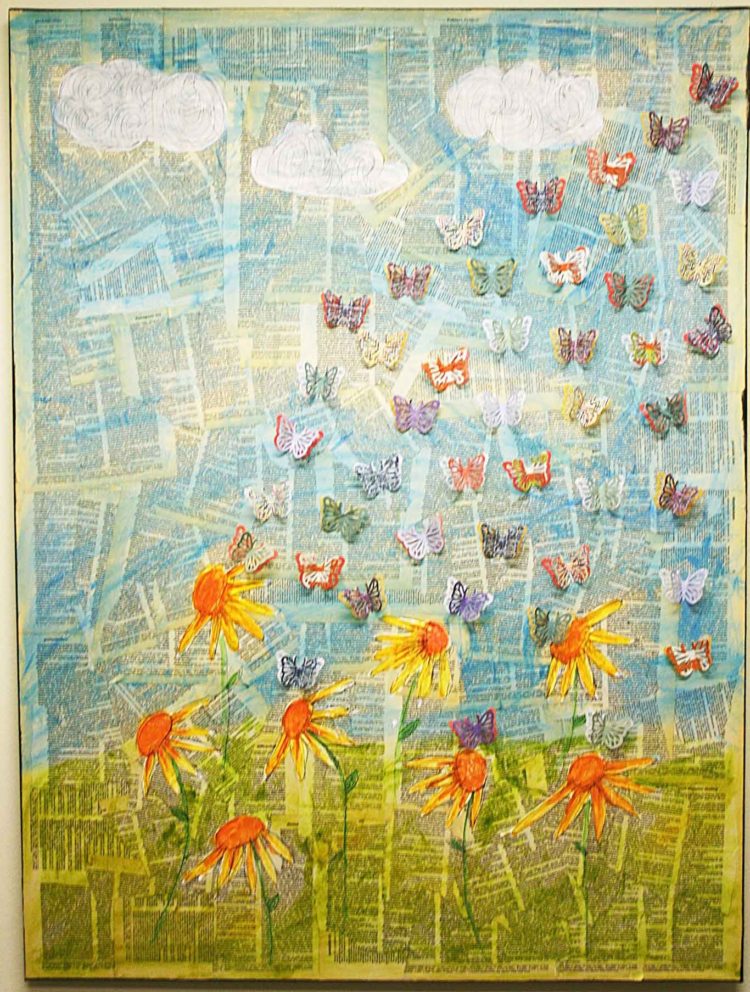
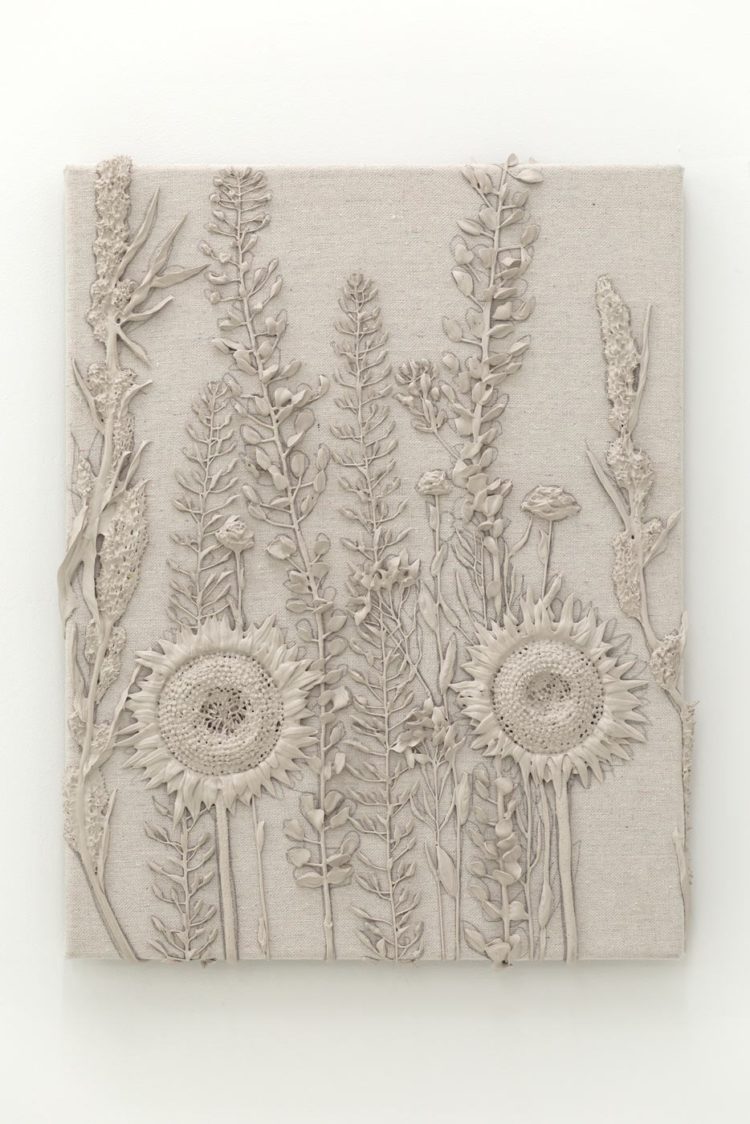
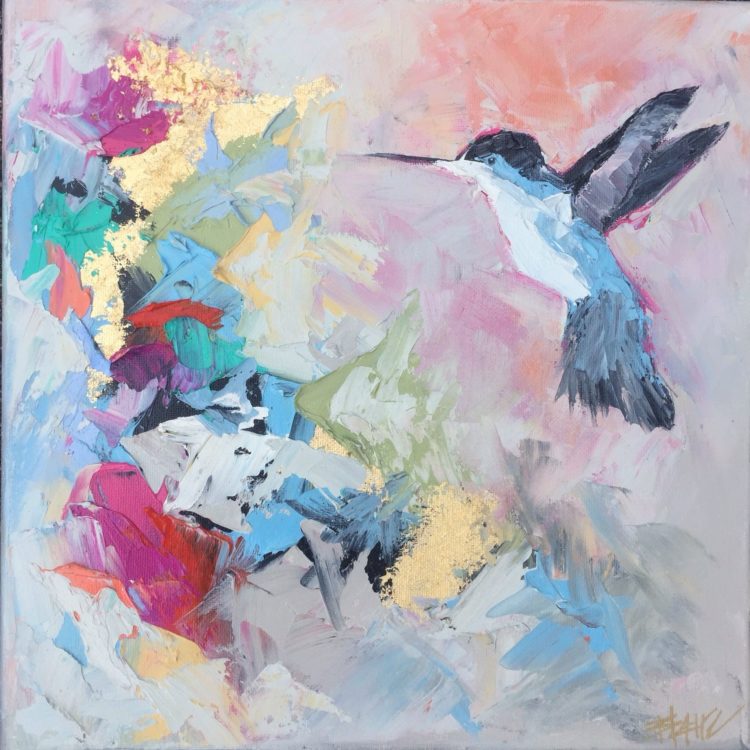
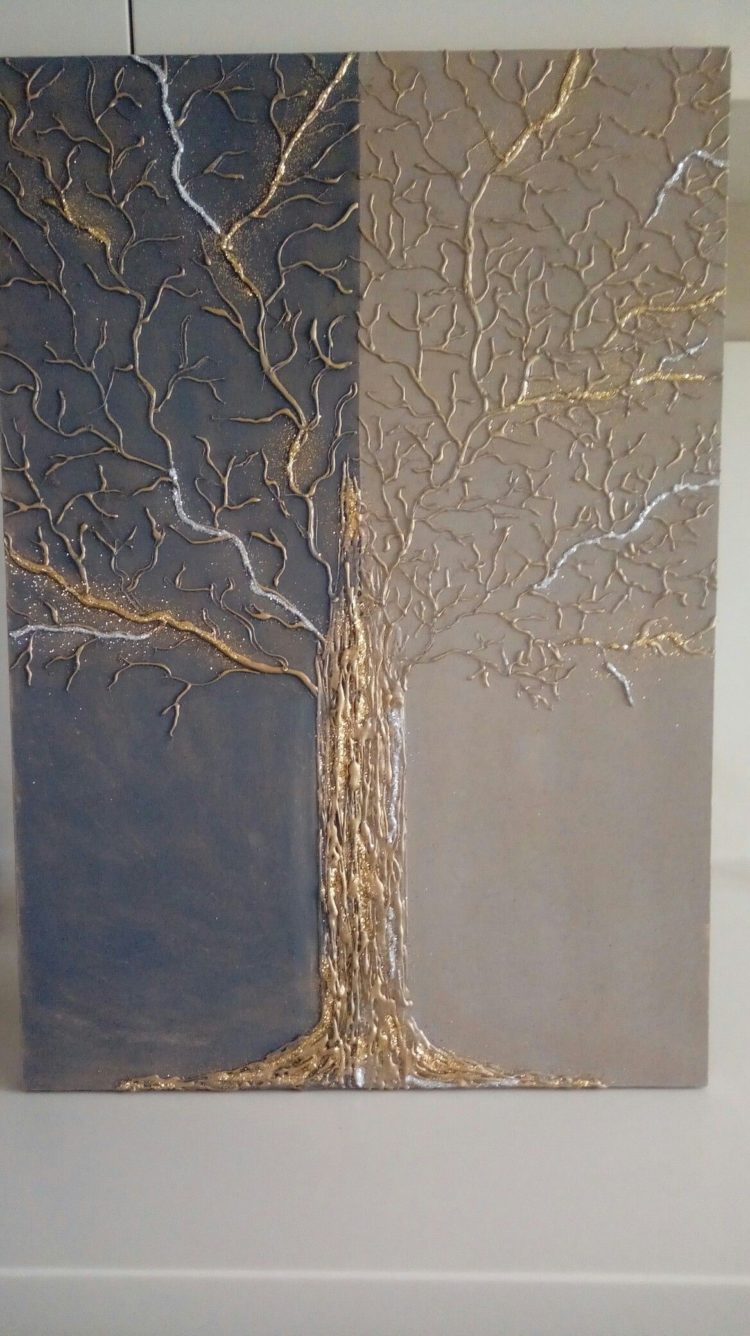
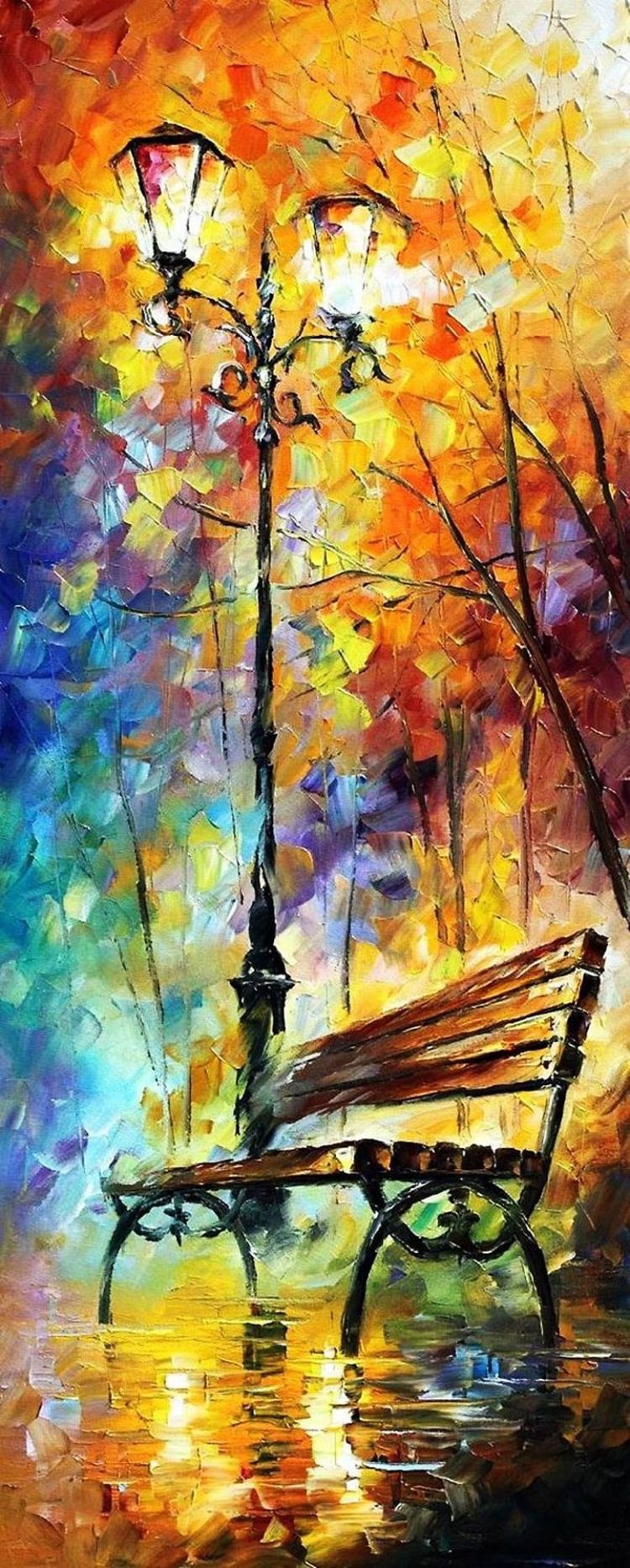
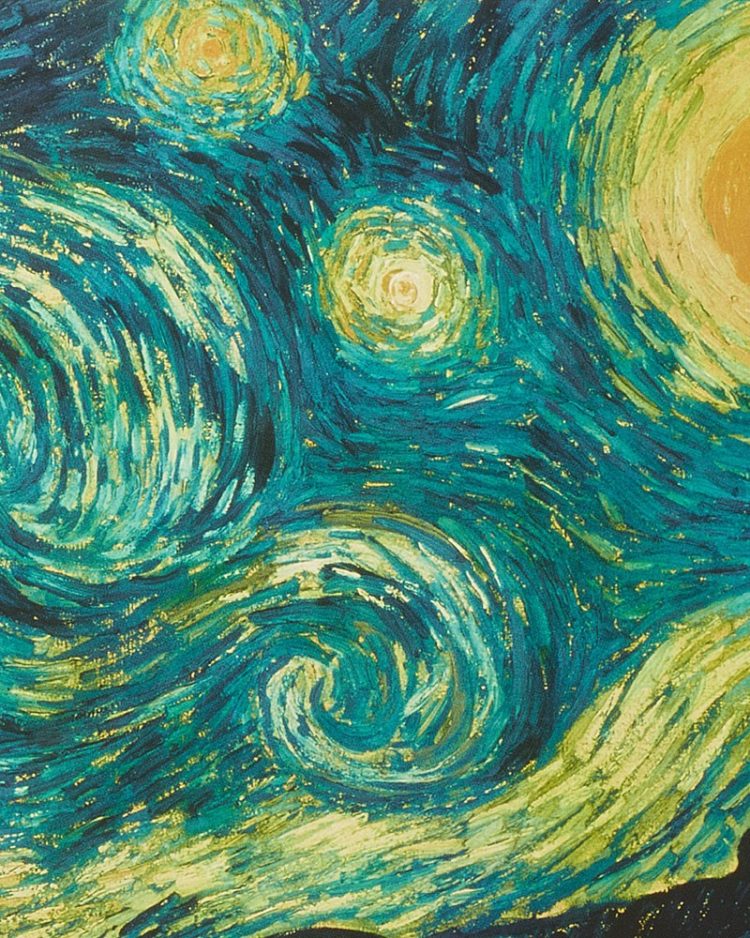
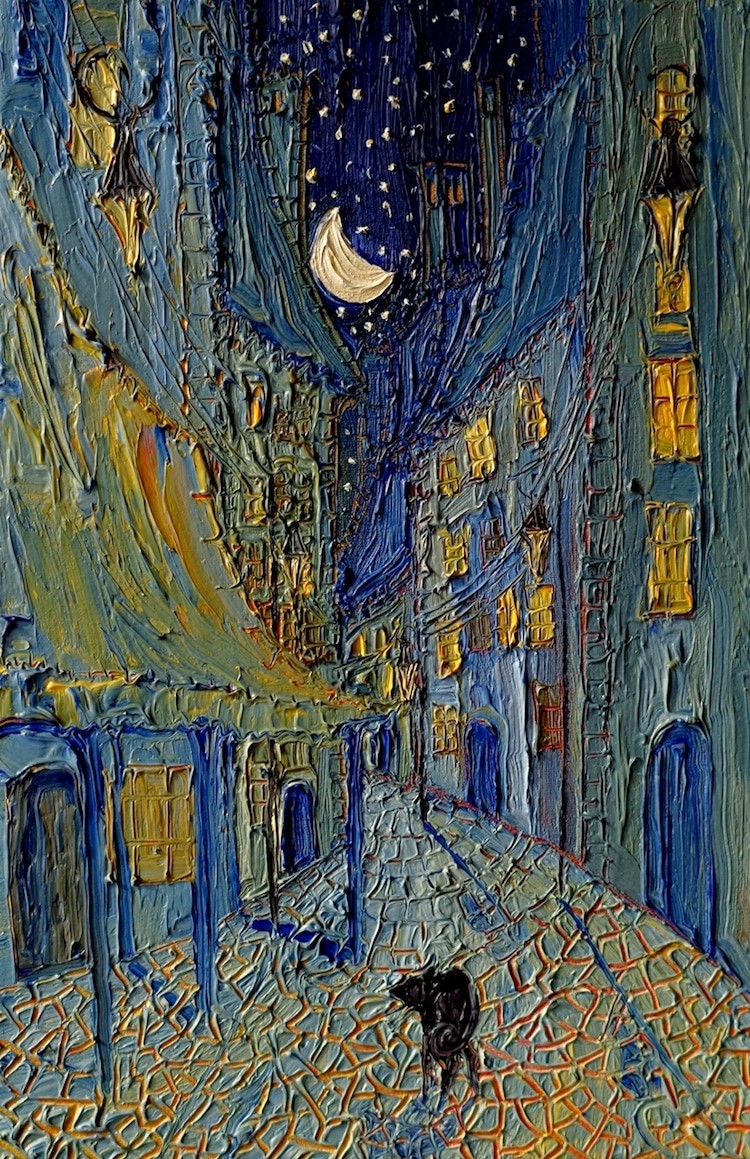
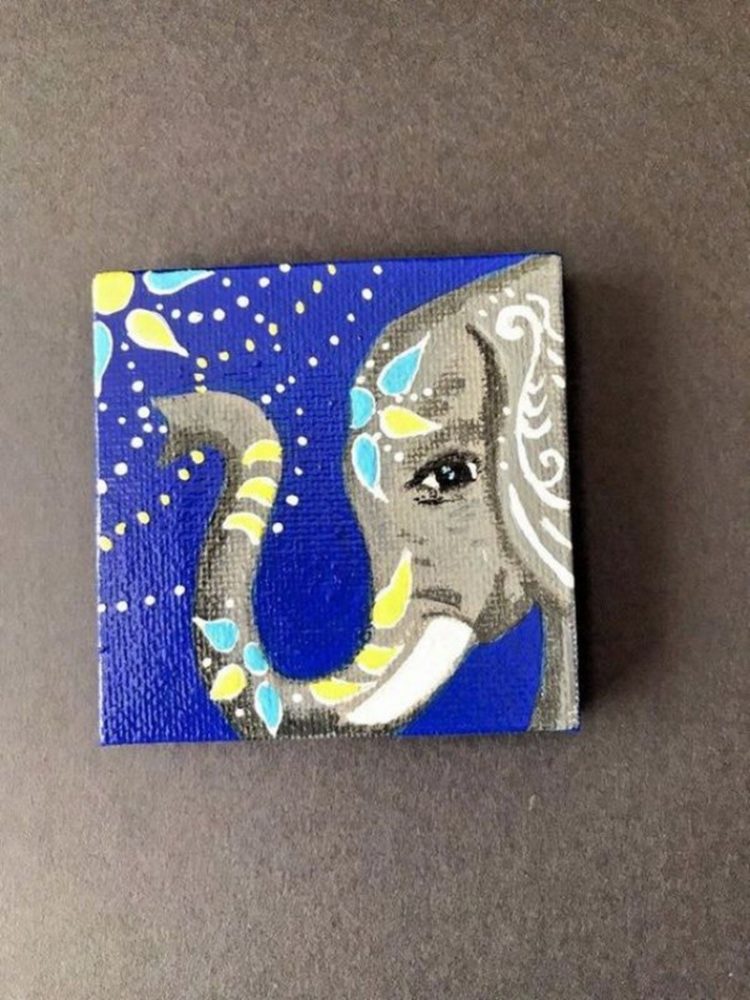
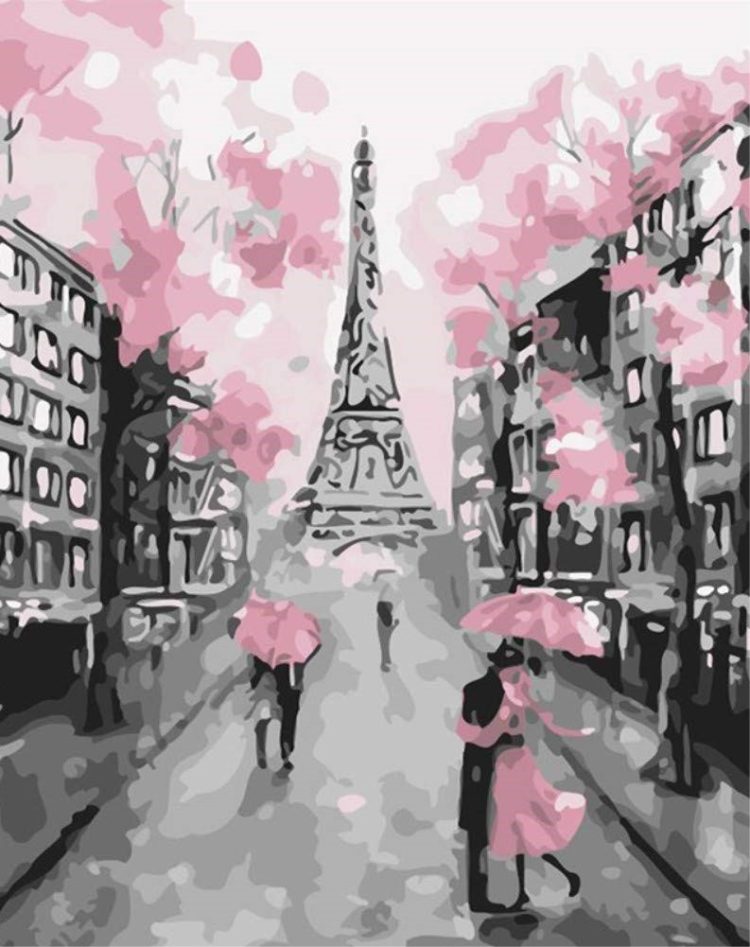
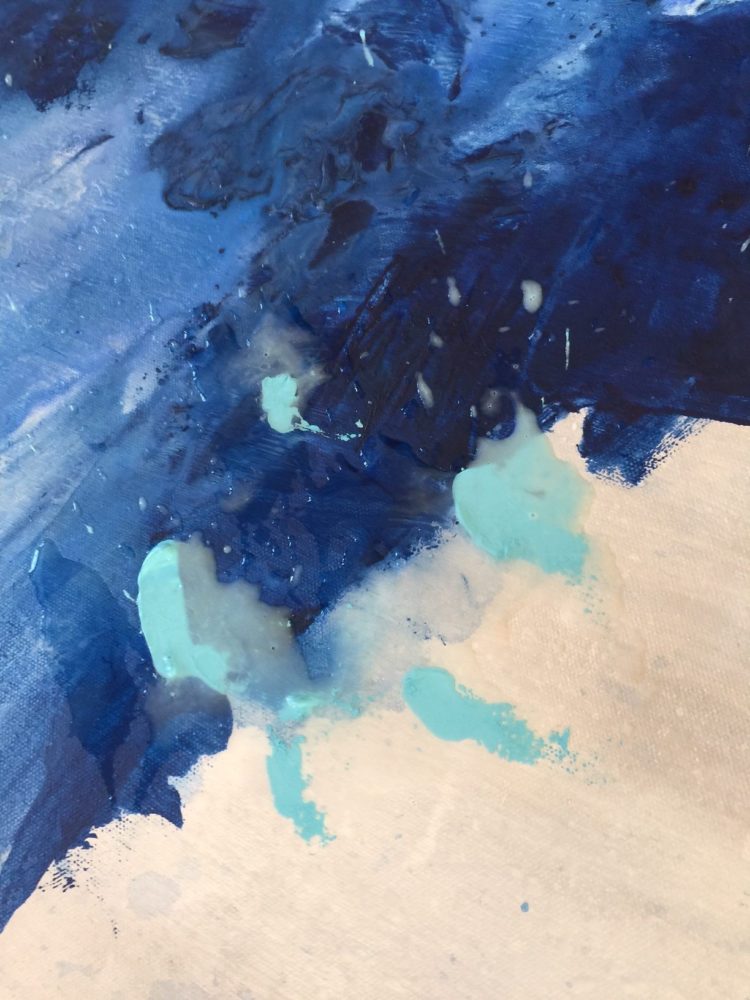
i will show you how canvas texture will make you believe beautifull is real
1. Sand and Grit
You can find painting tools with sand or silica included in them, or you can include it on your own so you have more control over the grittiness. Just bear in mind, when adding sand, you might need to sort it, unless you desire the all-natural grimy look.
2. Poured Appearance
Some artists are fairly experienced at including shade to a thick tool and putting fantastic heavenly designs. I’ll frequently make use of an entire bottle of color with tool to make it thick yet still pourable, and then produce increased styles, lines and swirls, and even writing.
Certainly, you can also put the medium by itself and repaint over it after it’s completely dry. Simply bear in mind, the thicker the medium, the even more time it will certainly take to dry.
3. Combing
Use a selection of comb dimensions and also tooth openings. Combs can be used with inks, paint or other media. They can be made use of to produce the linear patterns discovered in nature, to make patterns of hair or towel, or to develop abstract populating, swirls as well as lines.
4. Marking
You don’t have to buy stamps from stores … I search for interesting old pins, huge button, fabric, coverings, etc. Take a look around your residence with an eye for pattern and also see what you can discover that you could utilize to “stamp” something.
Usage with color just, or medium, after that stamp as soon as, several times in a pattern, or naturally. The thicker your medium, the even more color your stamp will certainly tend to pull up, leaving a jagged appearance behind.
5. Stenciling
Again, you do not need to purchase expensive patterns. Make your own patterns by using thicker weights of paper, cardboard or more plastic materials. Use your imagination, or produce a stencil from a style you’ve discovered by gently drawing it, and then very carefully cutting it out using an Exacto blade.
Scrapbookers have gizmos particularly created developing these cut-outs, which begin at $15-20 as well as rise from there. Additionally, keep the additional pieces that you do eliminate– you may locate use for them later on.
6. Cutting and also Carving
Relying on what sort of medium you use, you can typically sculpt fascinating forms and also patterns right into it while it’s still wet. If you make use of an ordinary spackling paste, you can sculpt right into it once completely dry.
Carving works well before paint color on the top, to ensure that you get a total darkness and also emphasize result, or you can take layers after your paint or polish has actually dried, to get rid of some shade.
7. Fining sand
One musician whose work I absolutely like uses sanding.
When a distinctive layer of tool is completely dry, sand it down a little bit to rip off the difficult sides prior to including paint. You can also use sanding to eliminate color. Simply remember to put on a mask if fining sand gets as well vigorous.
8. Towel as well as Paper
Take down some tool, and afterwards press cheesecloth or tissue paper into it. Number the cloth, a great deal or a little, to leave varying quantities of texture behind.
You can likewise try positioning cheesecloth in gesso first, to produce folds that will dry hard. In the future you can include them to the canvas with more medium. Considering that it’s cheesecloth, shade might show with a few of the folds up.
